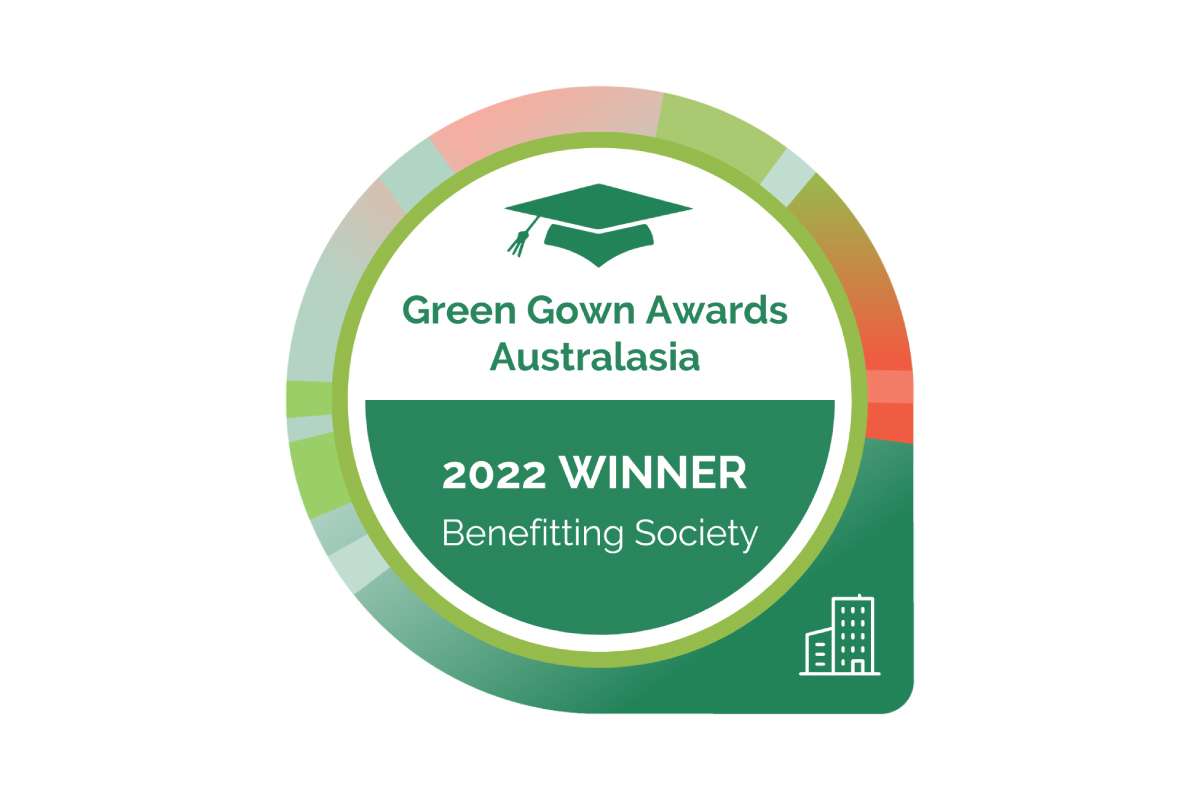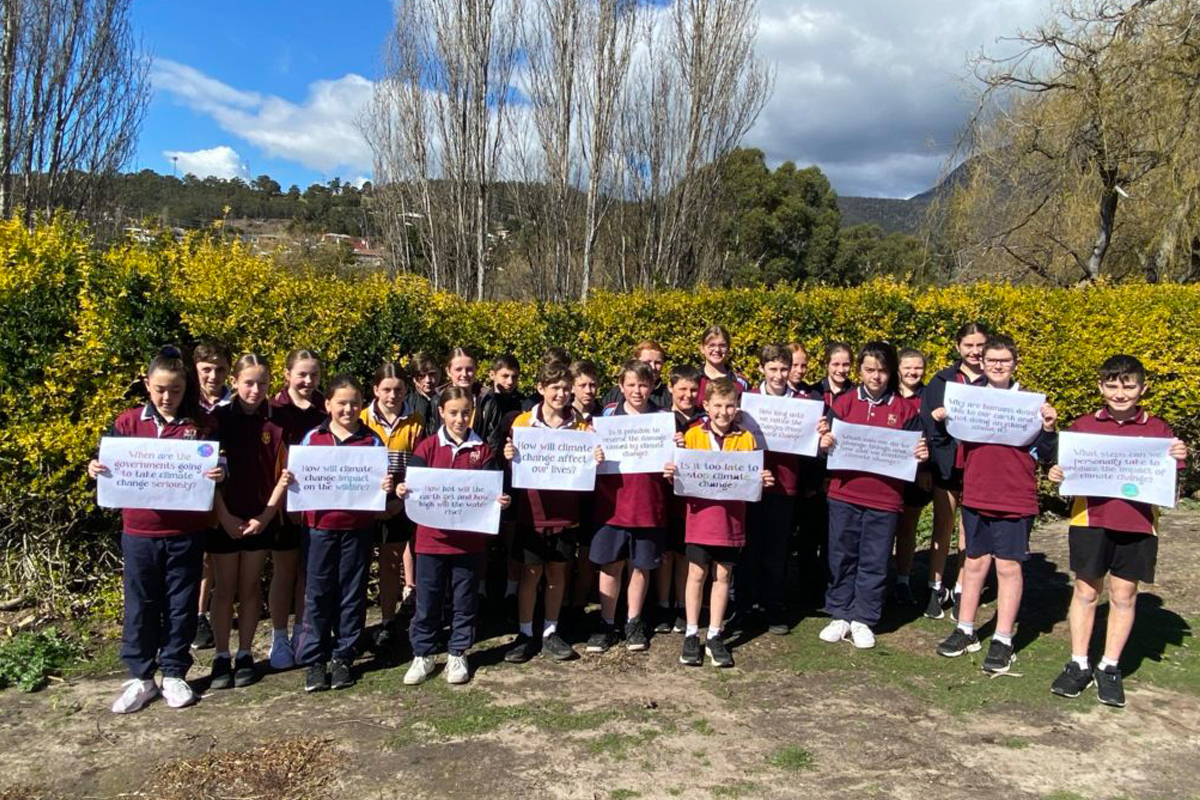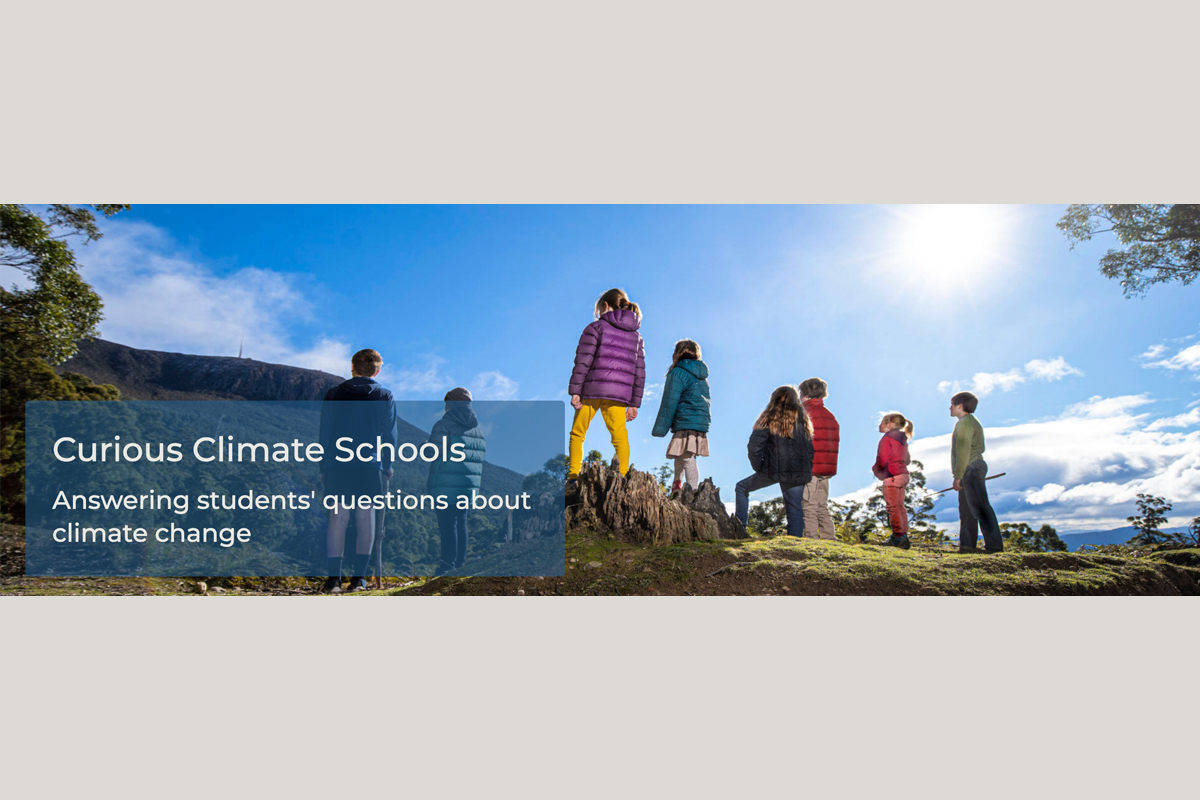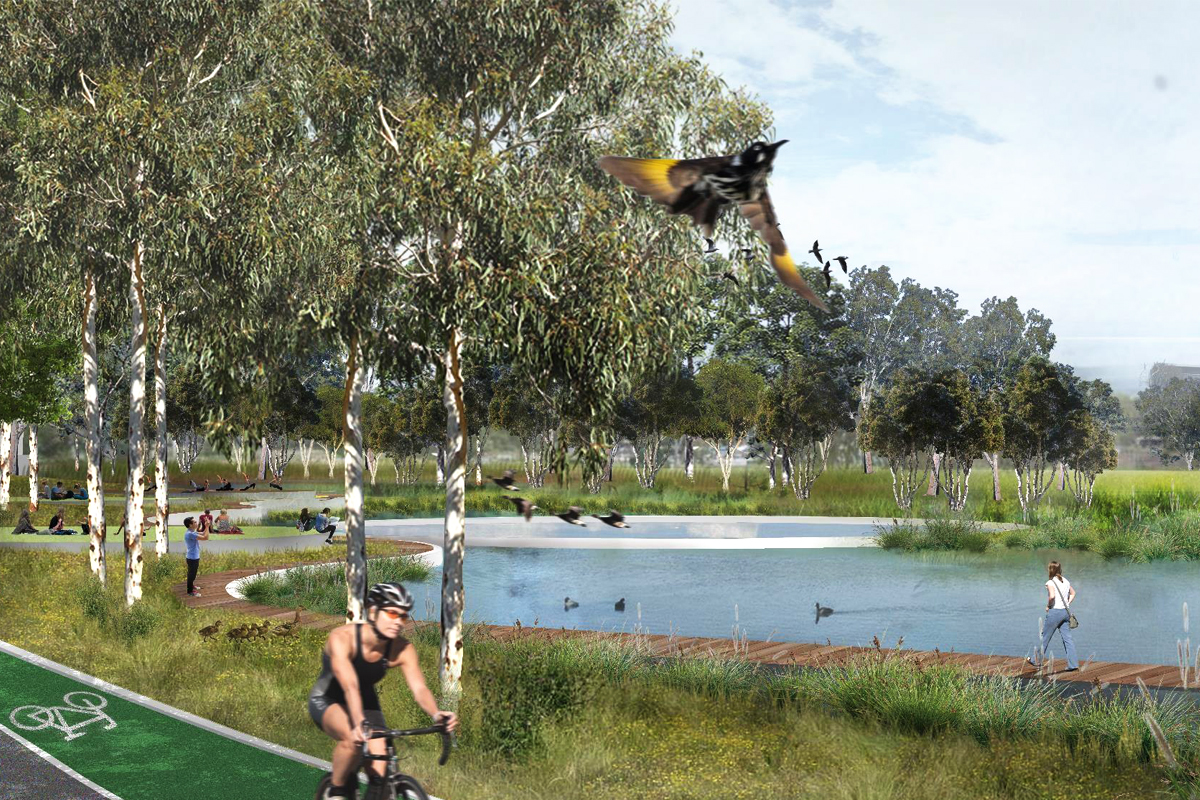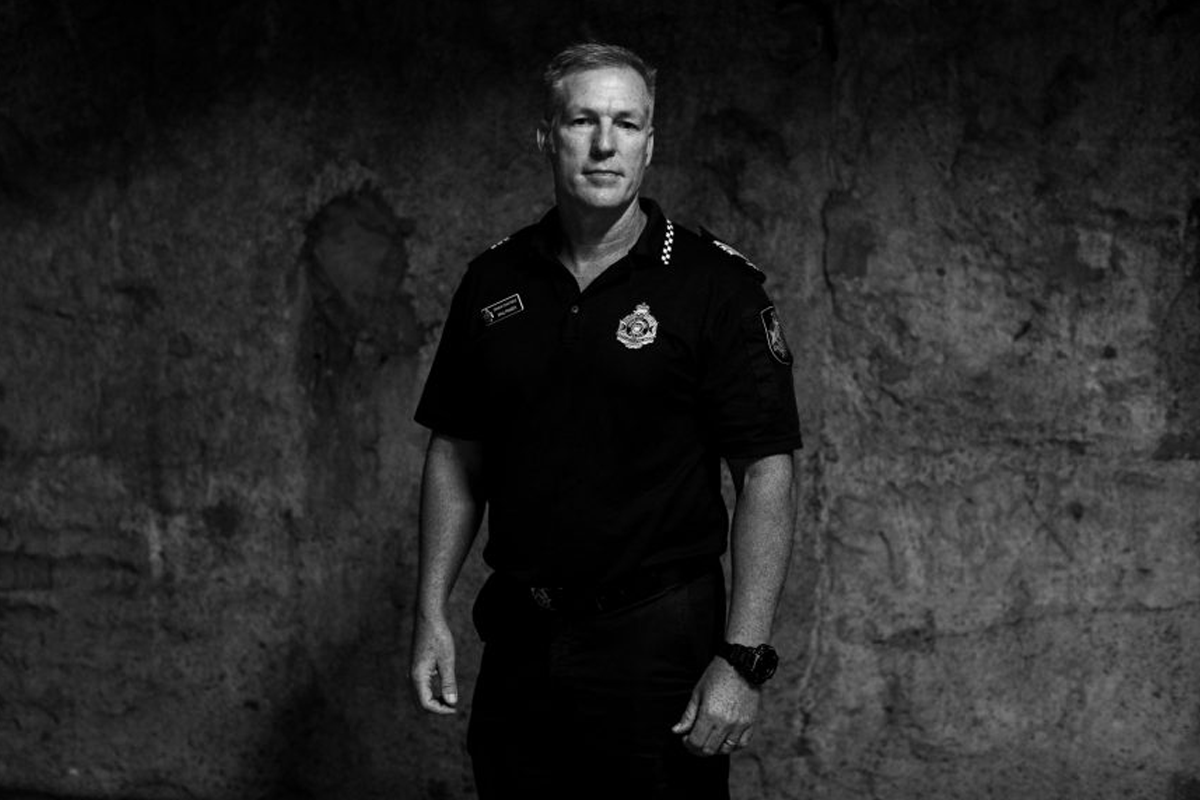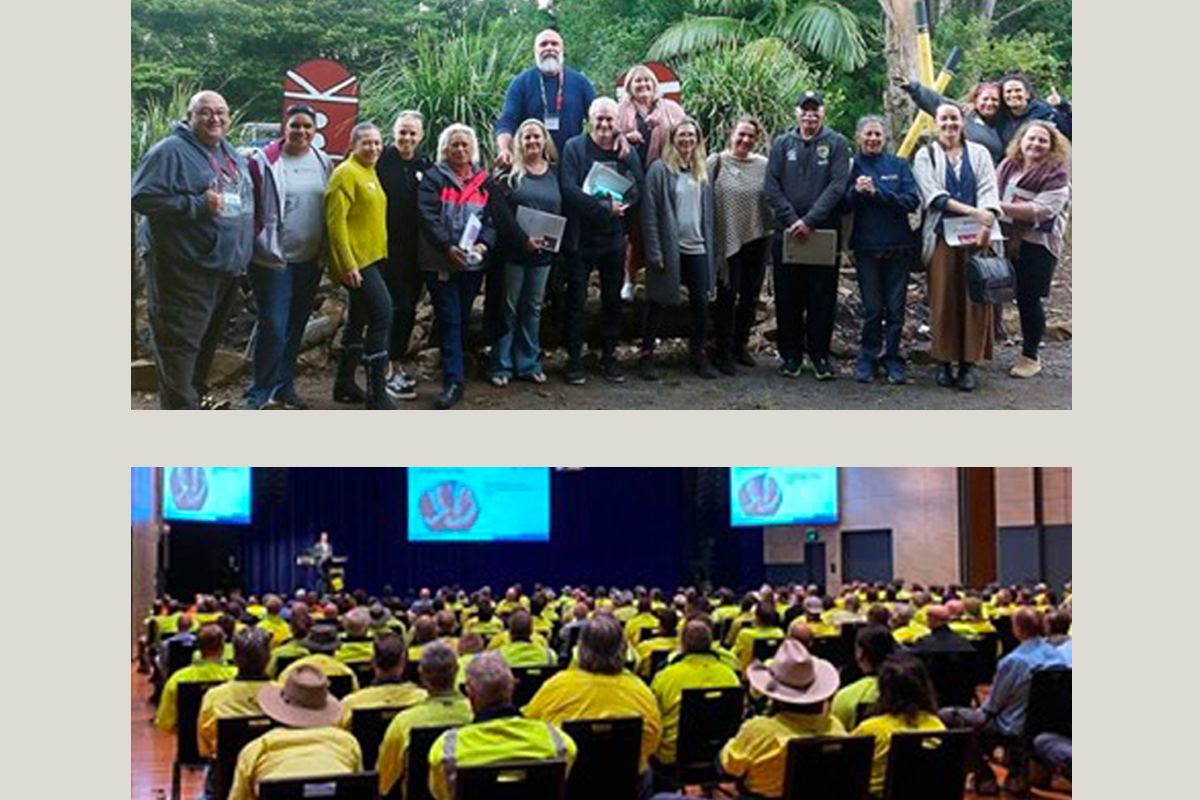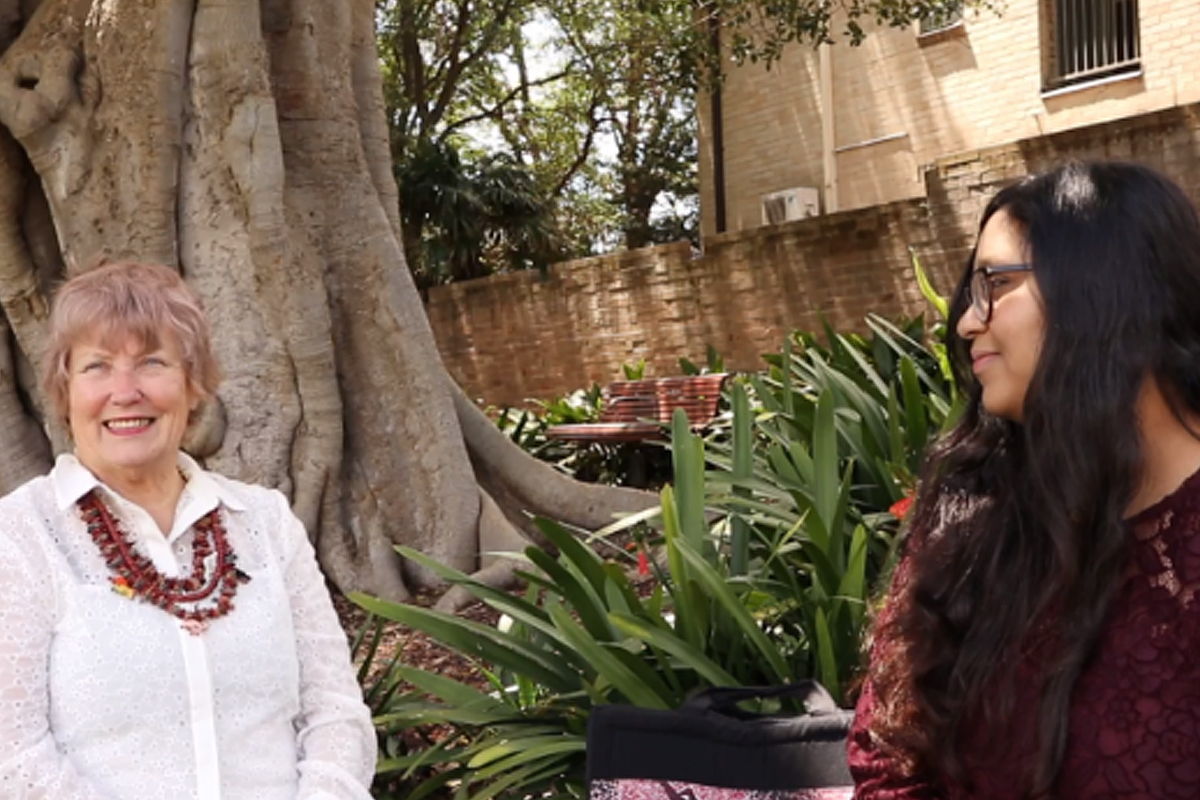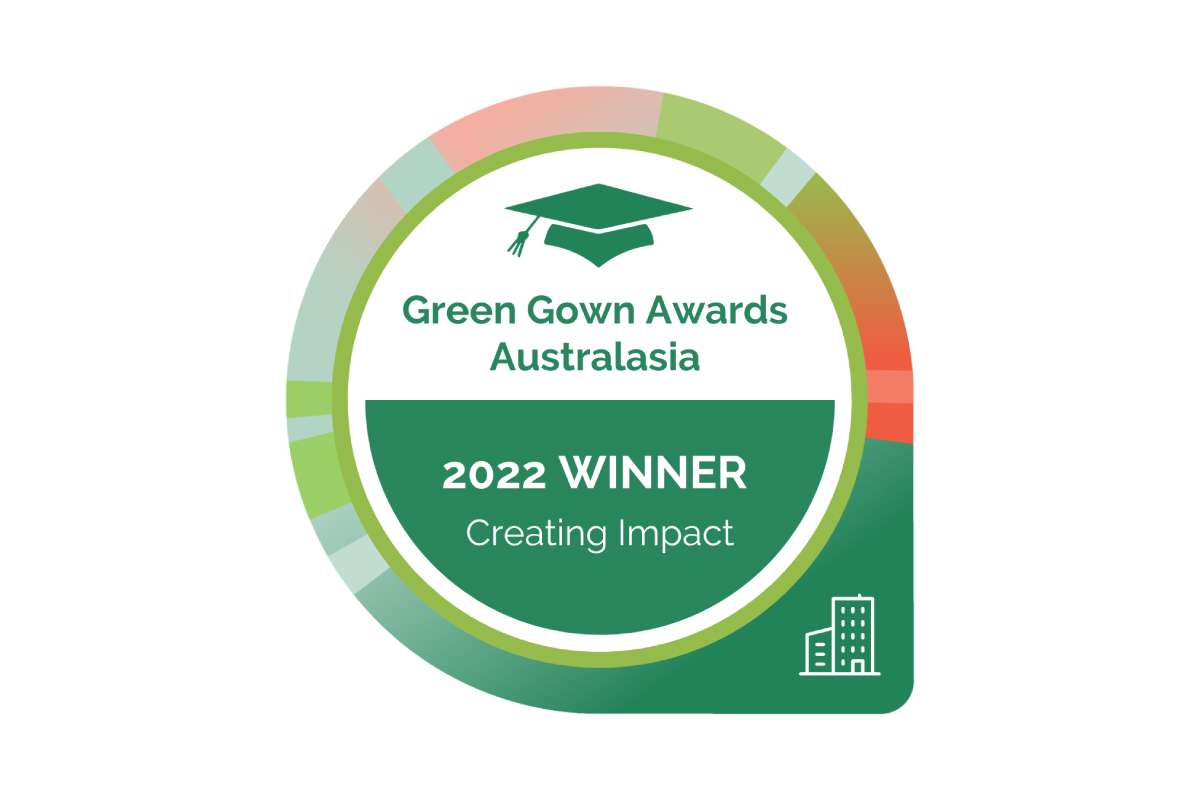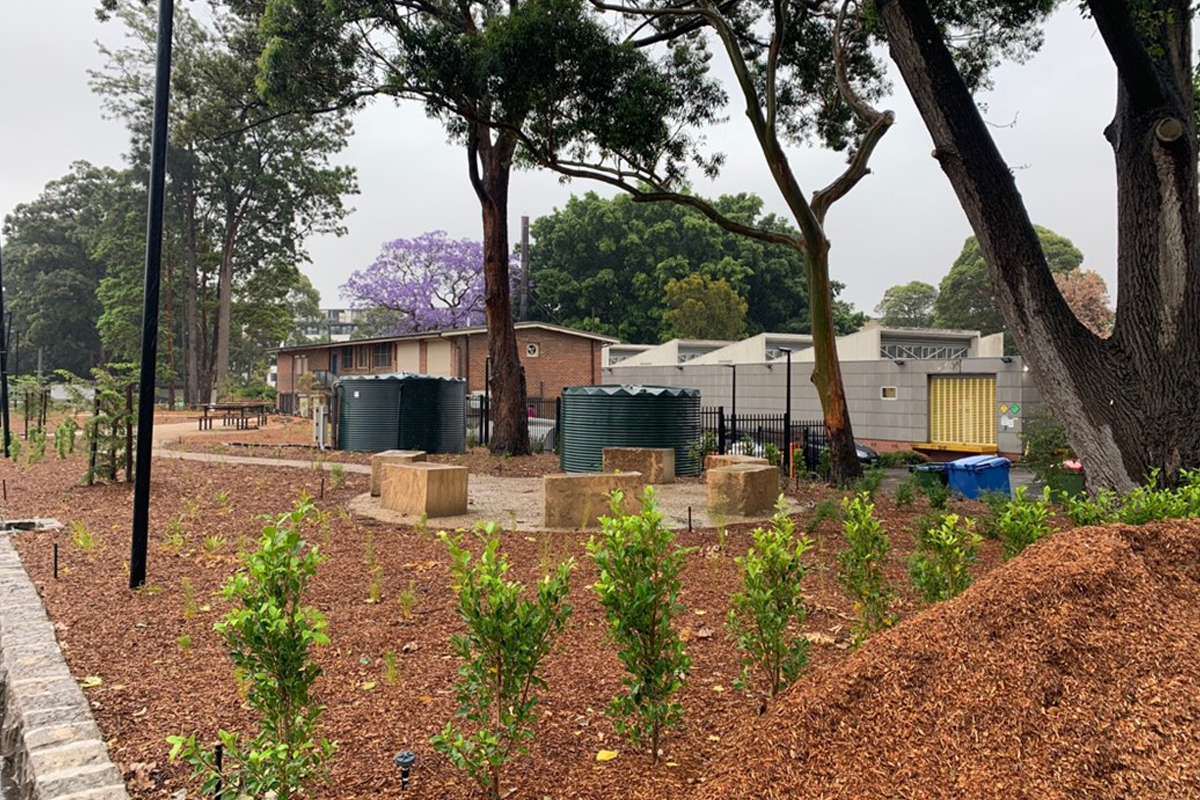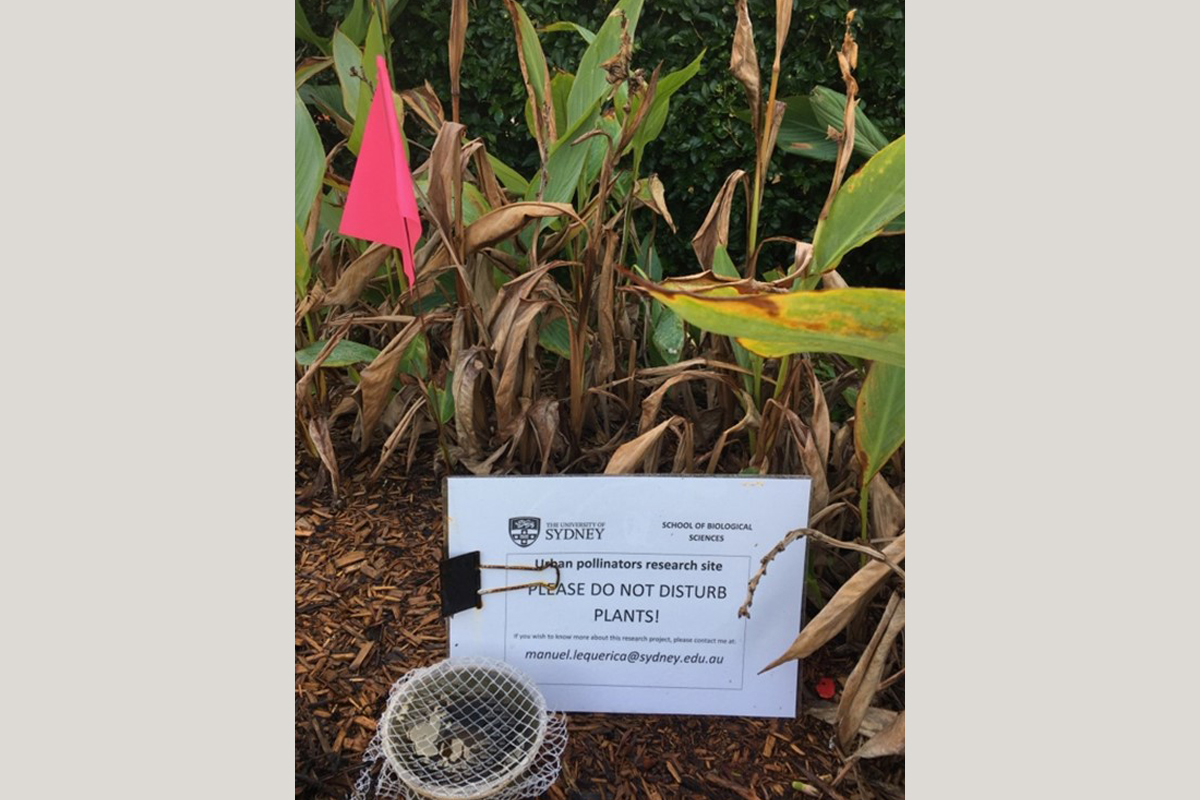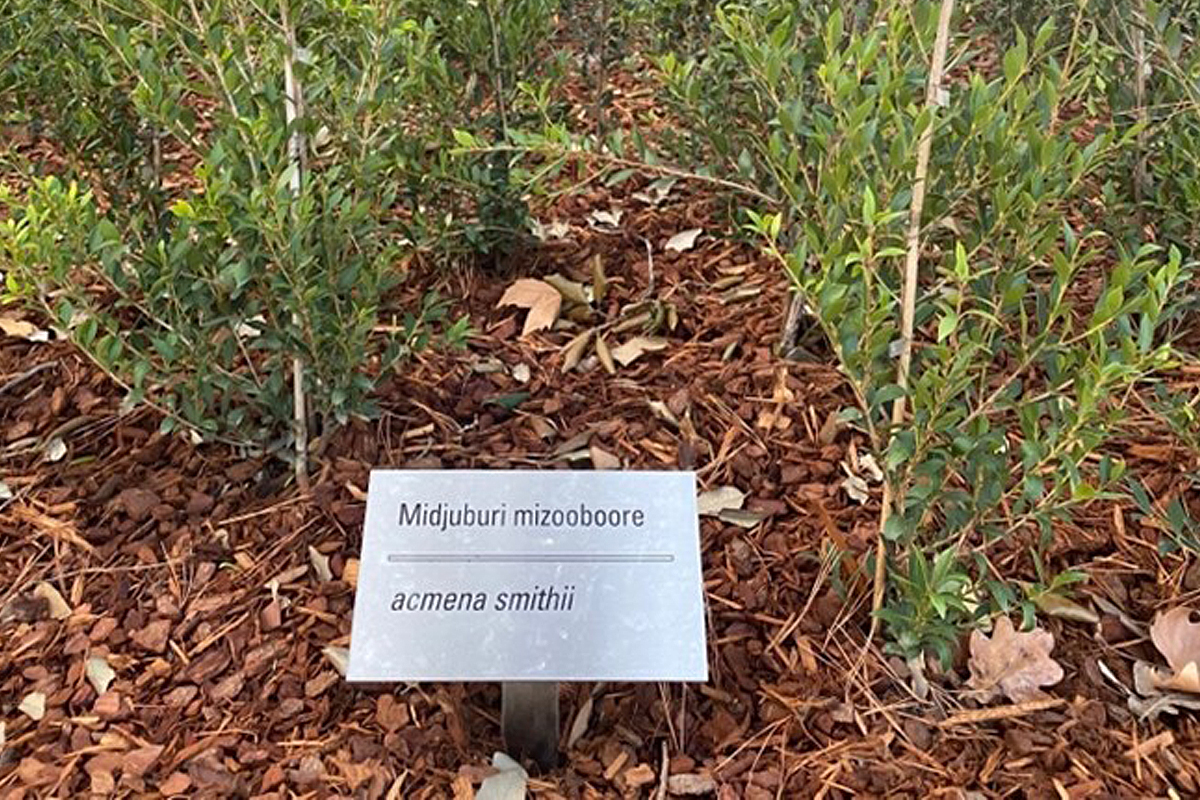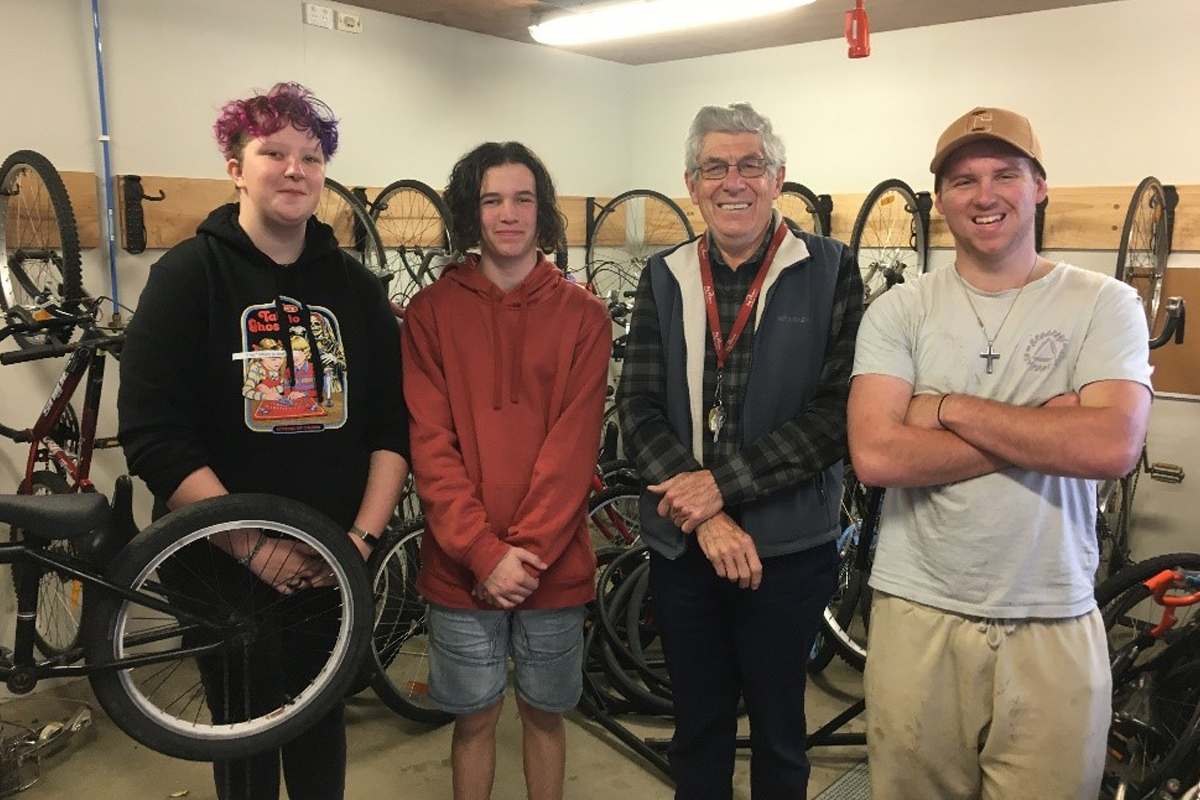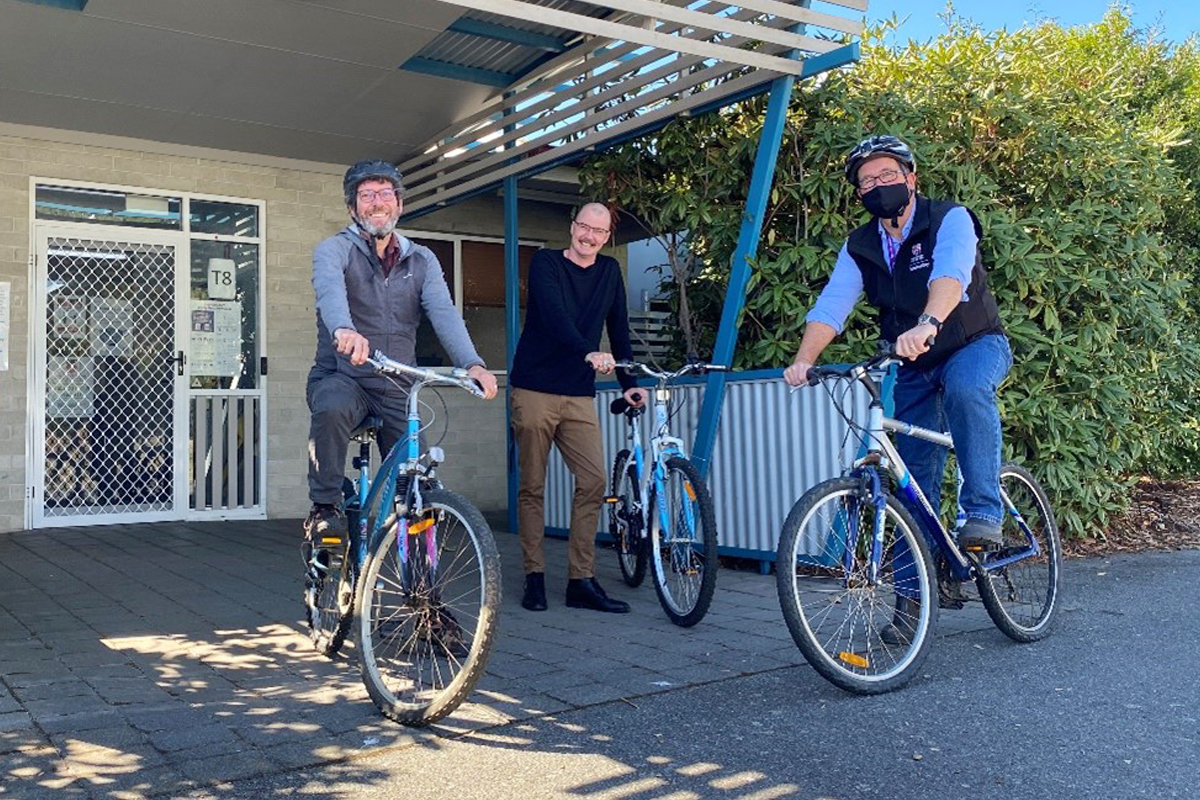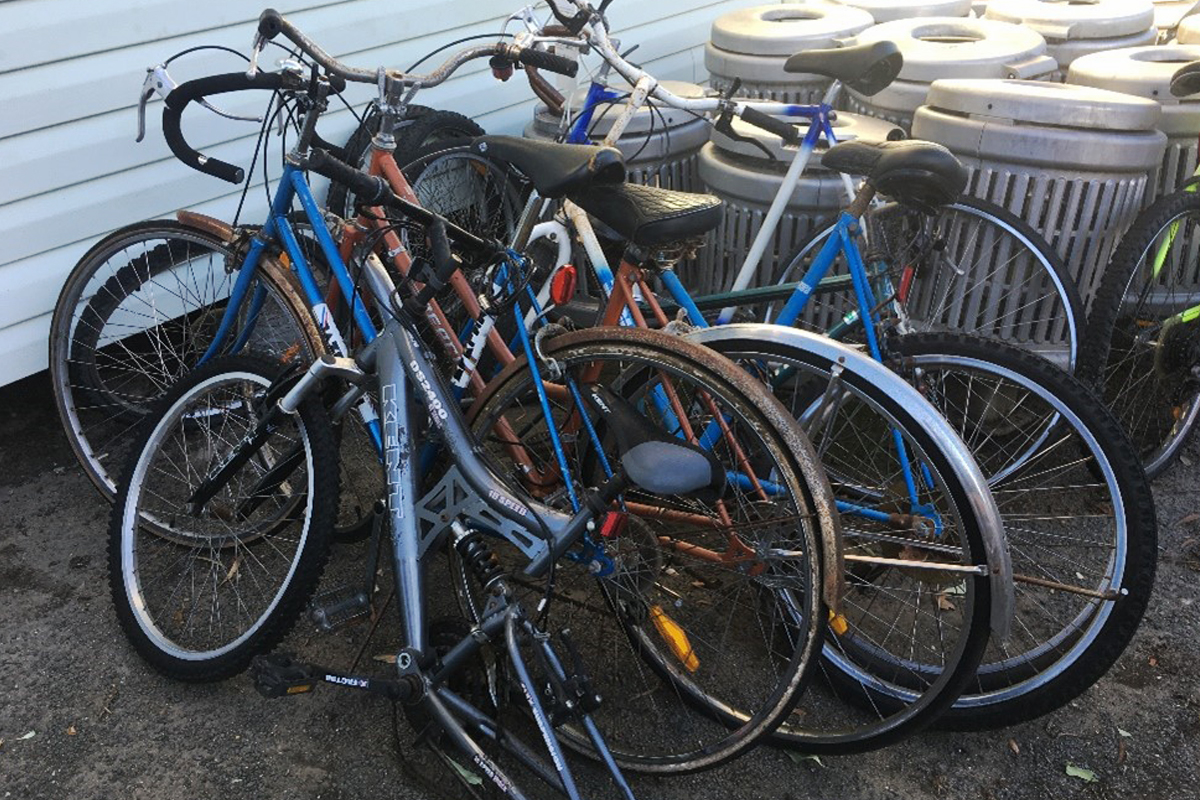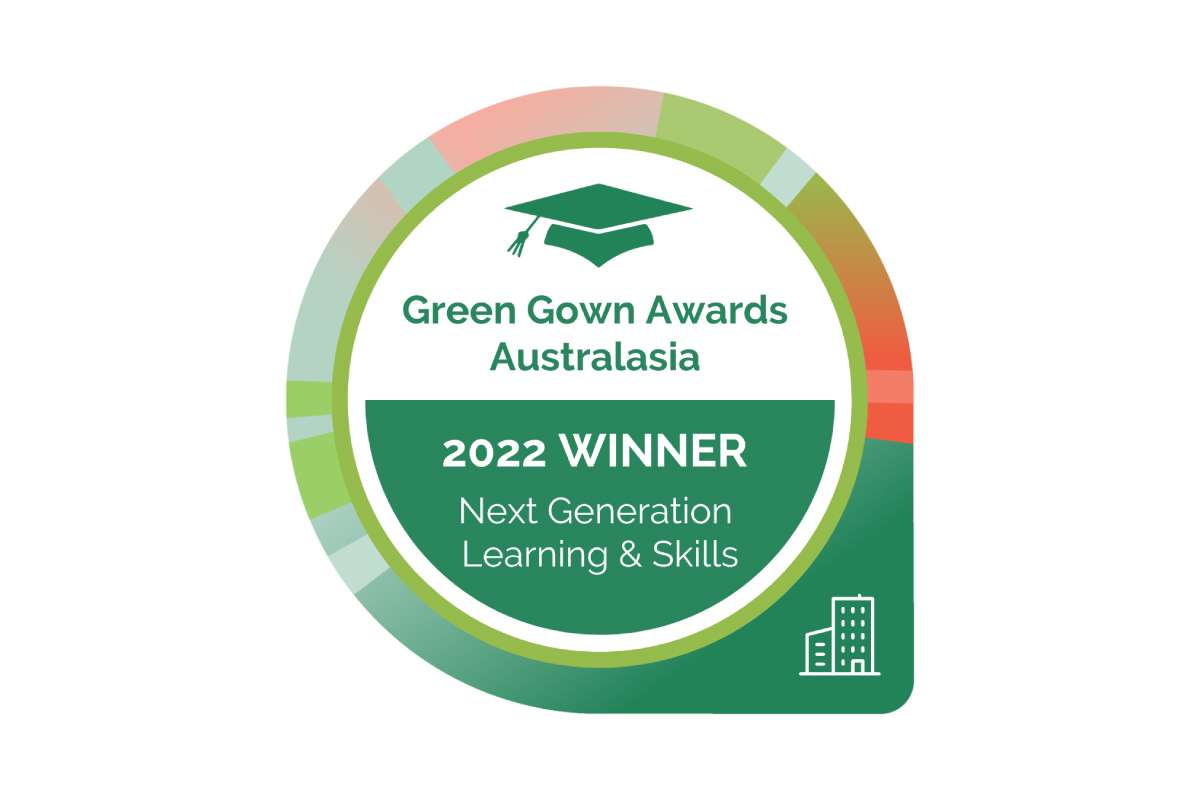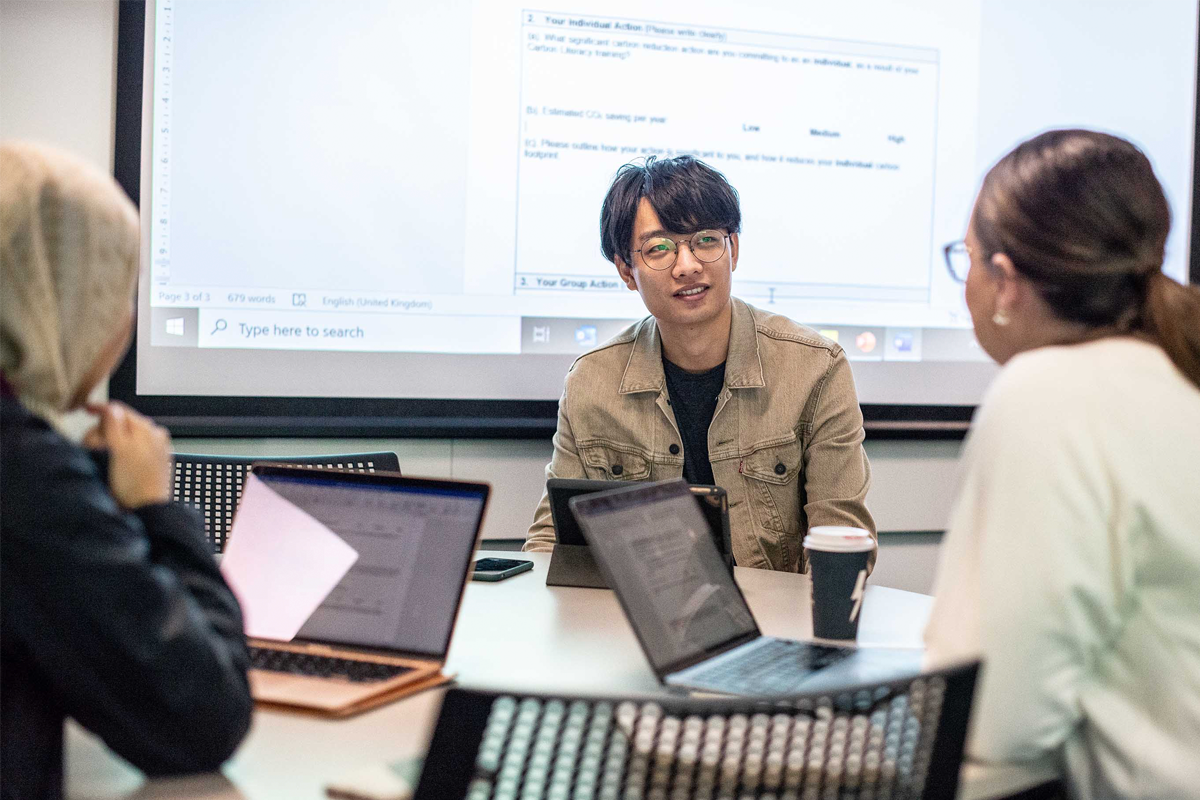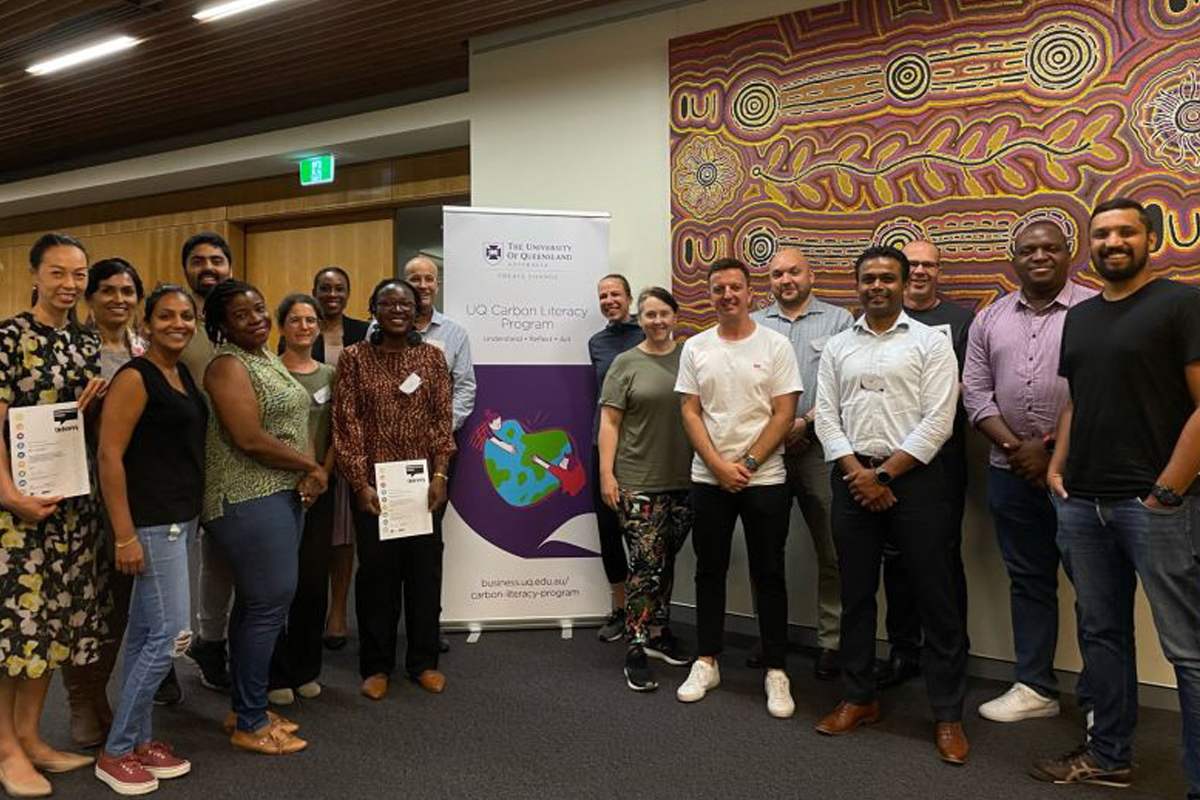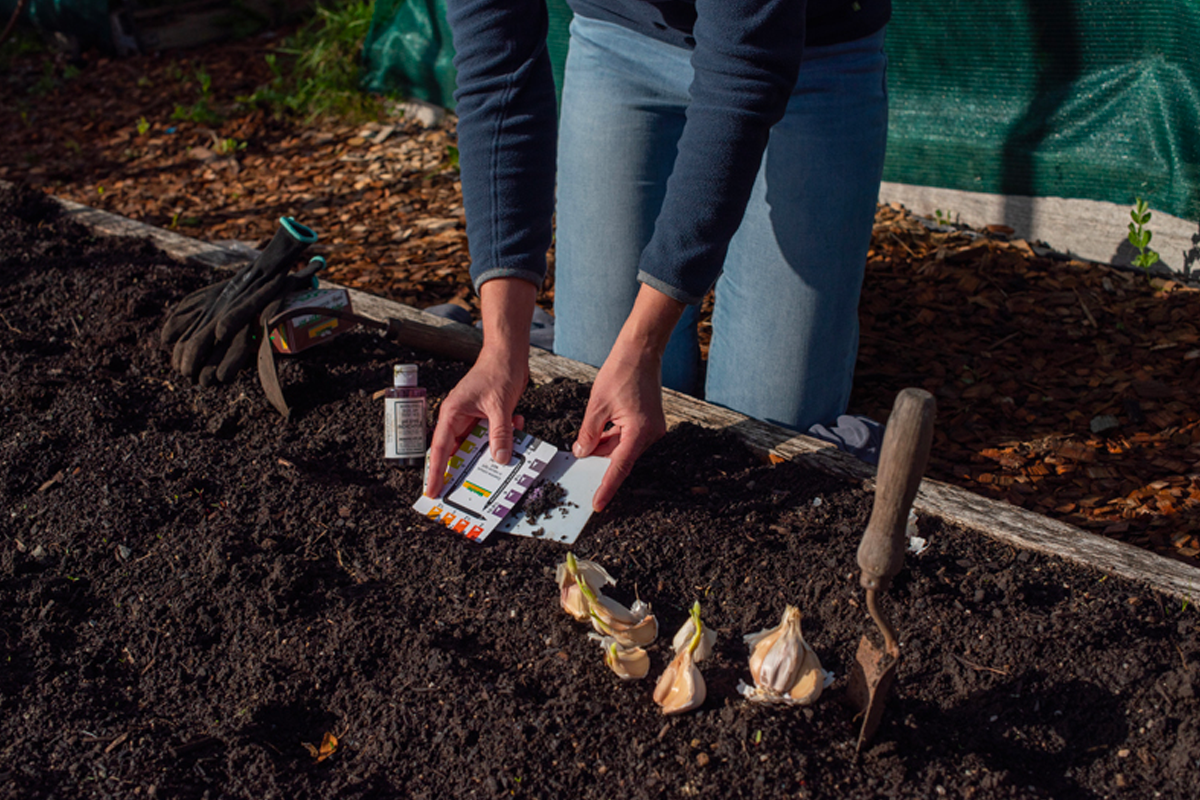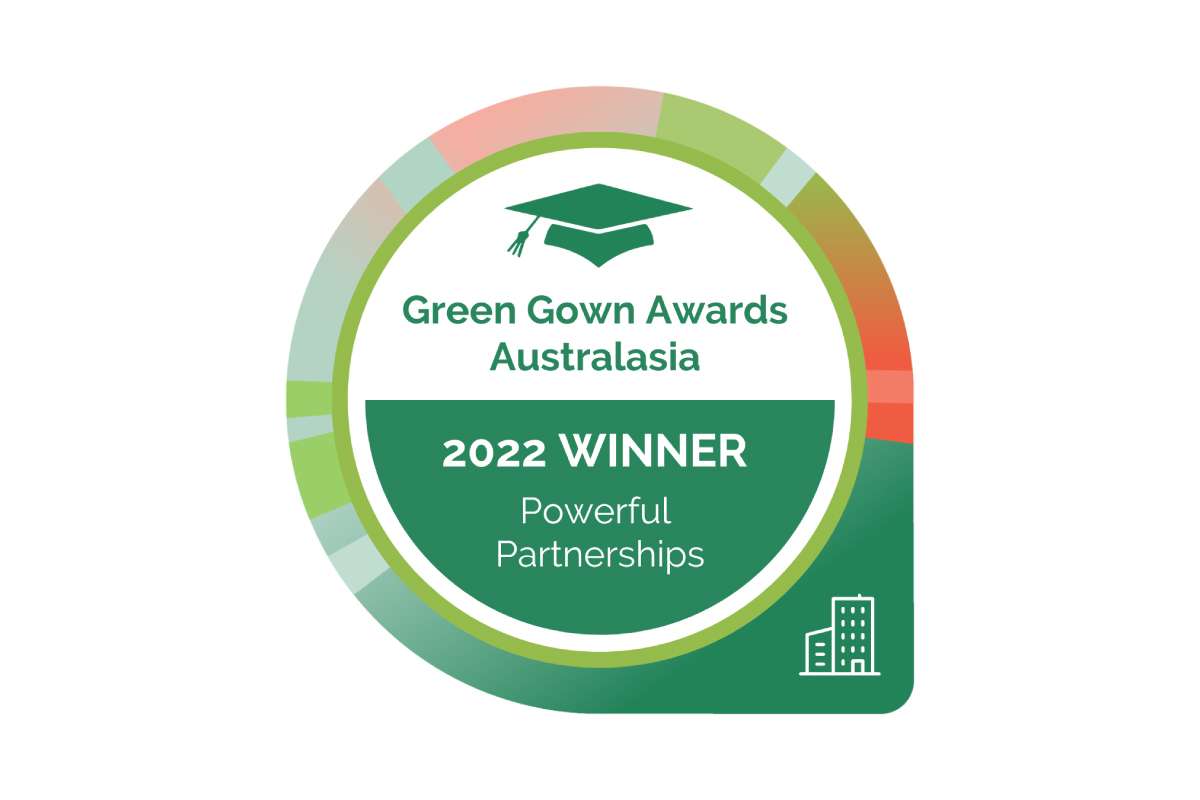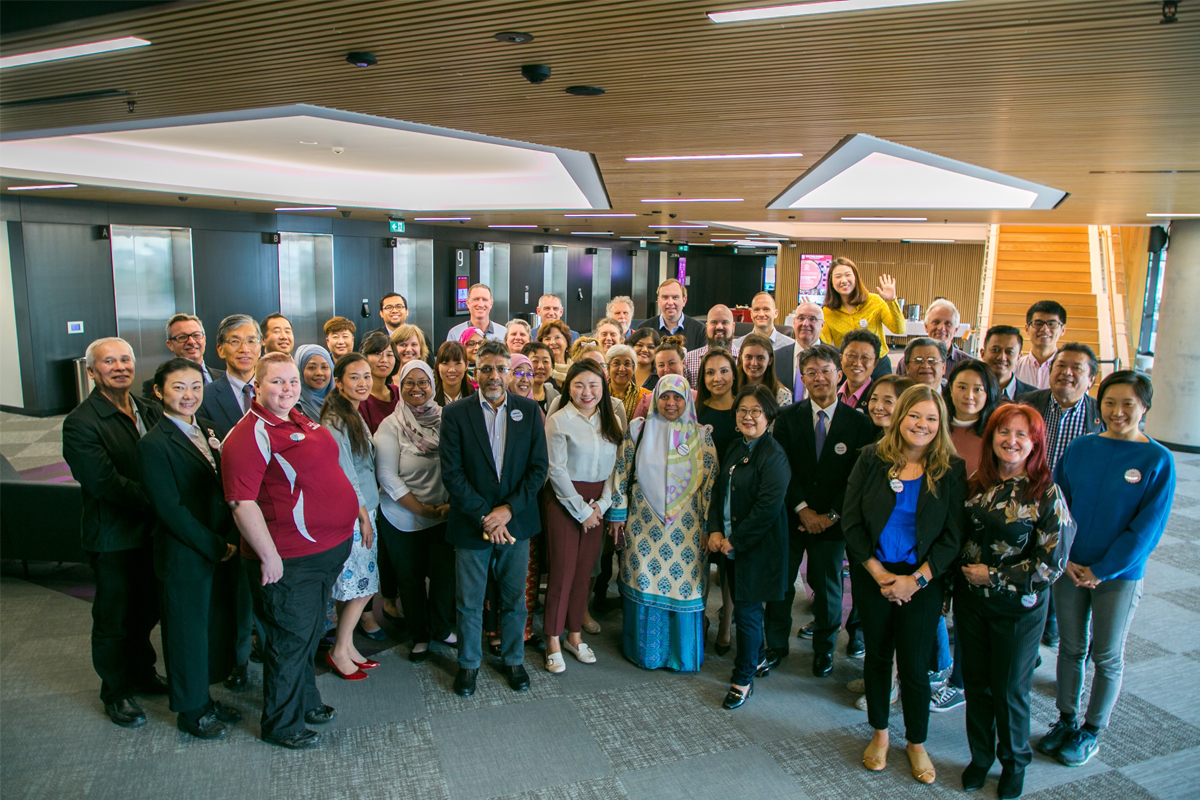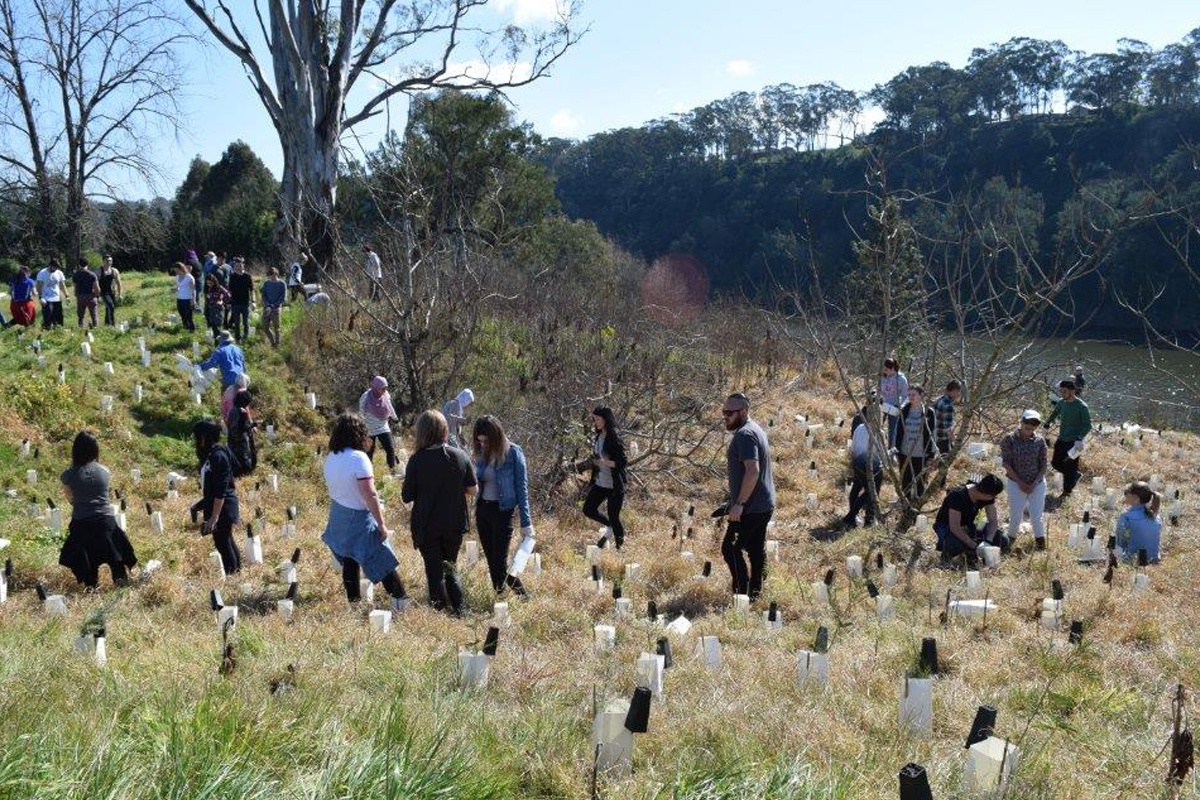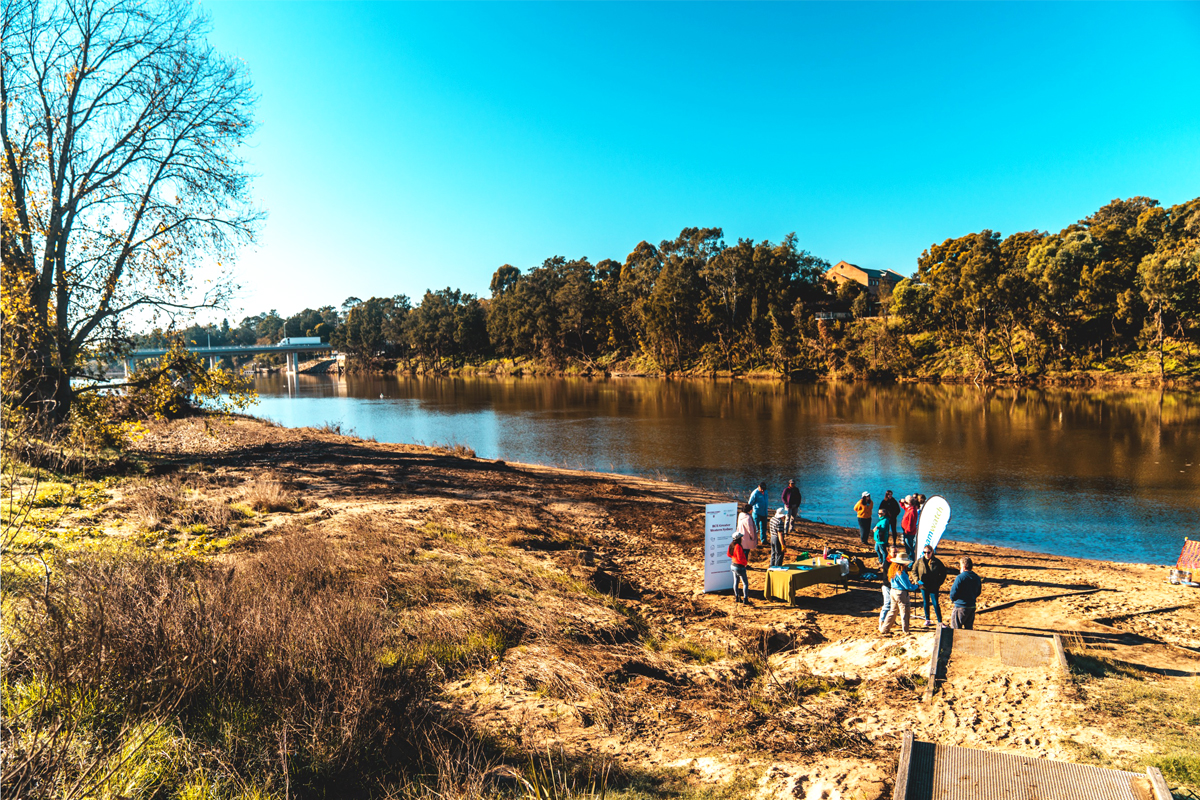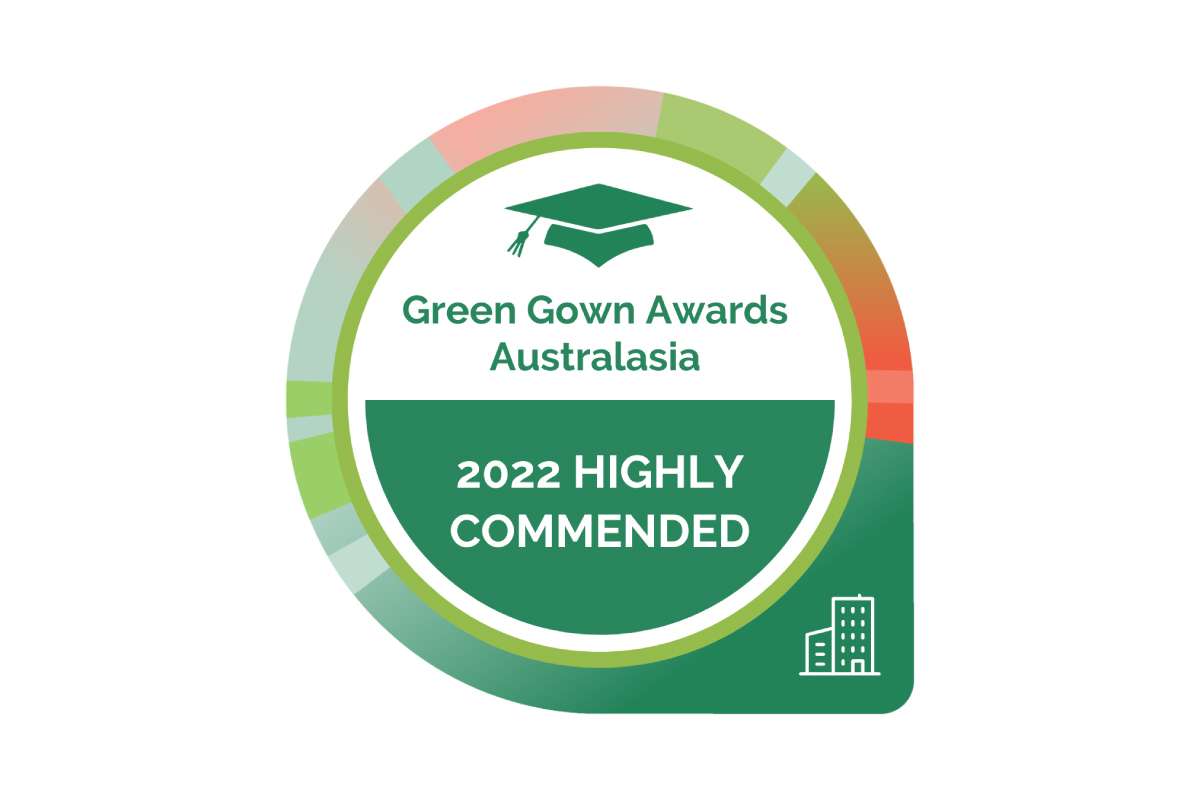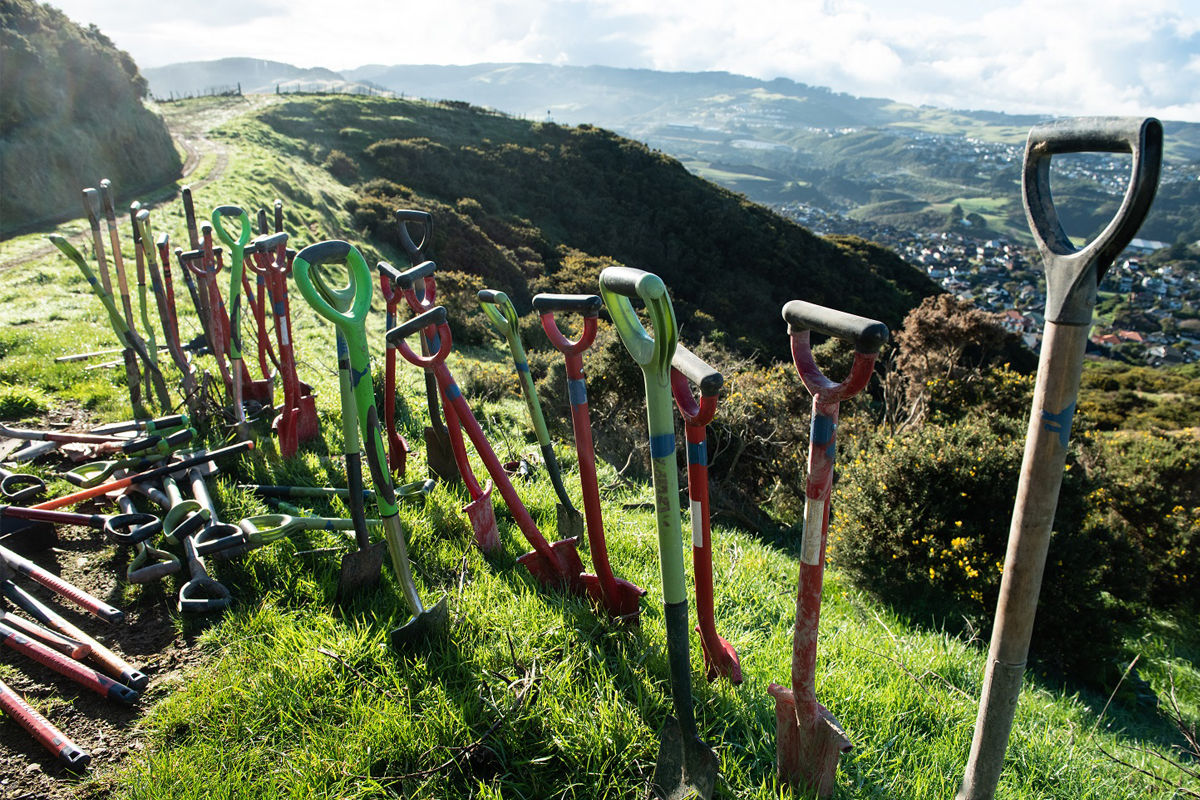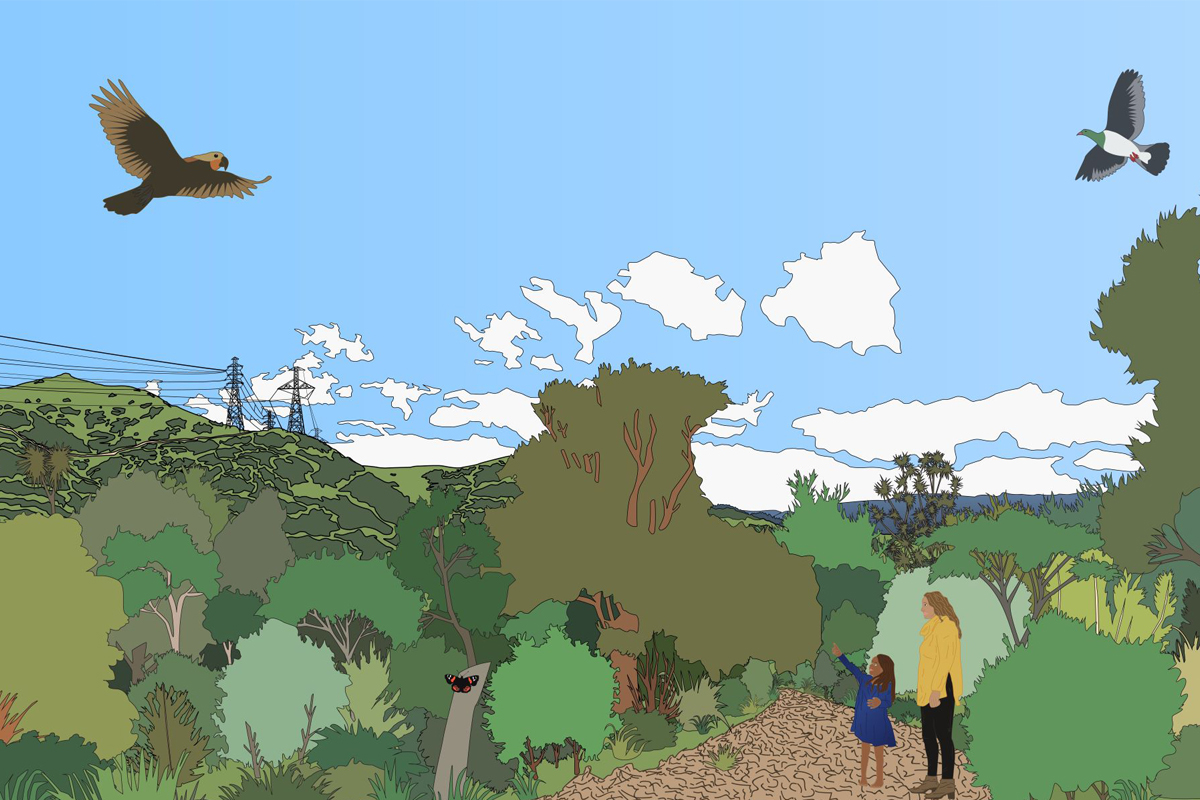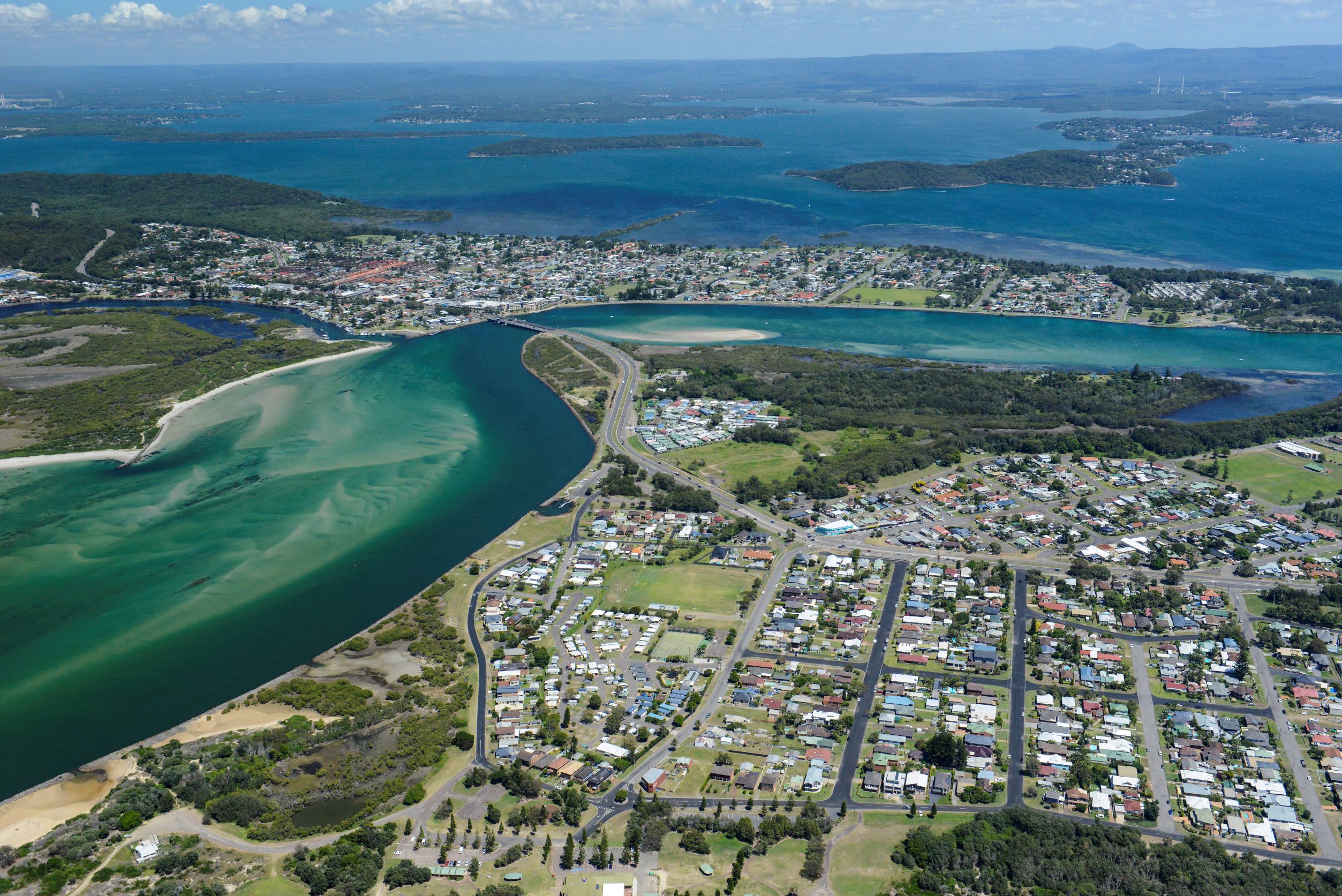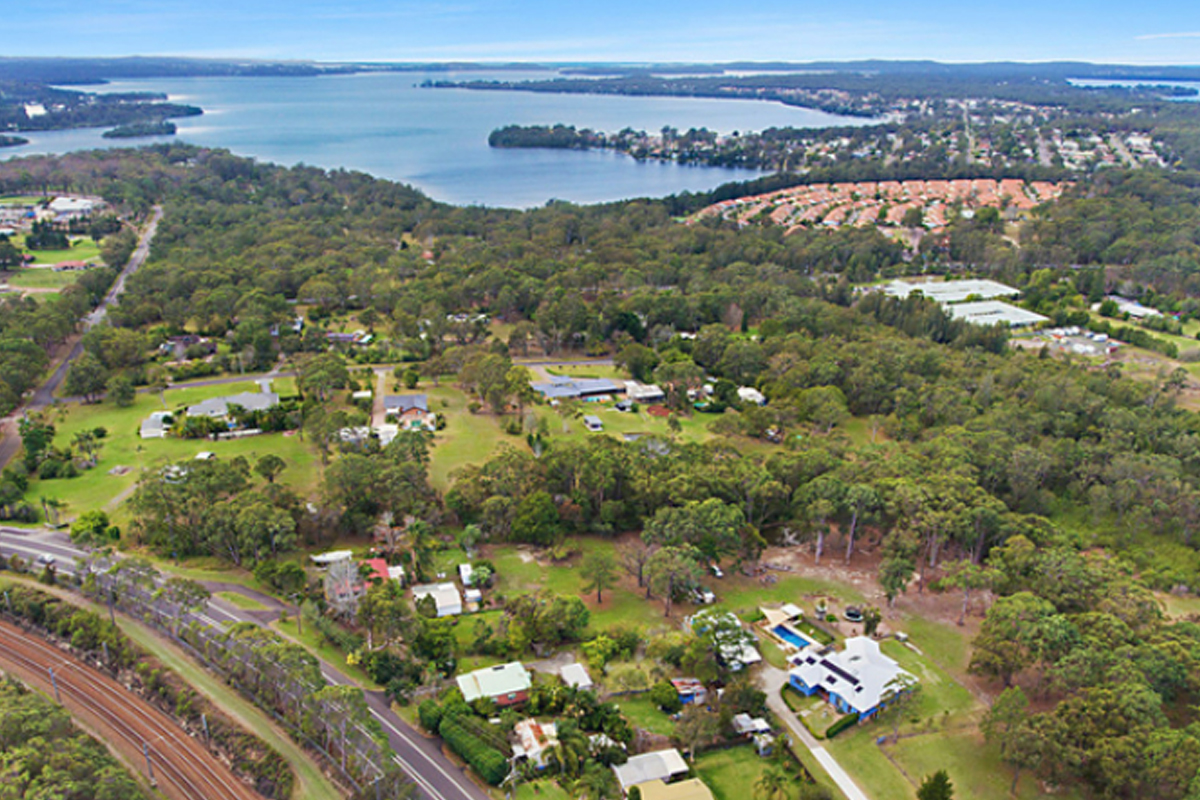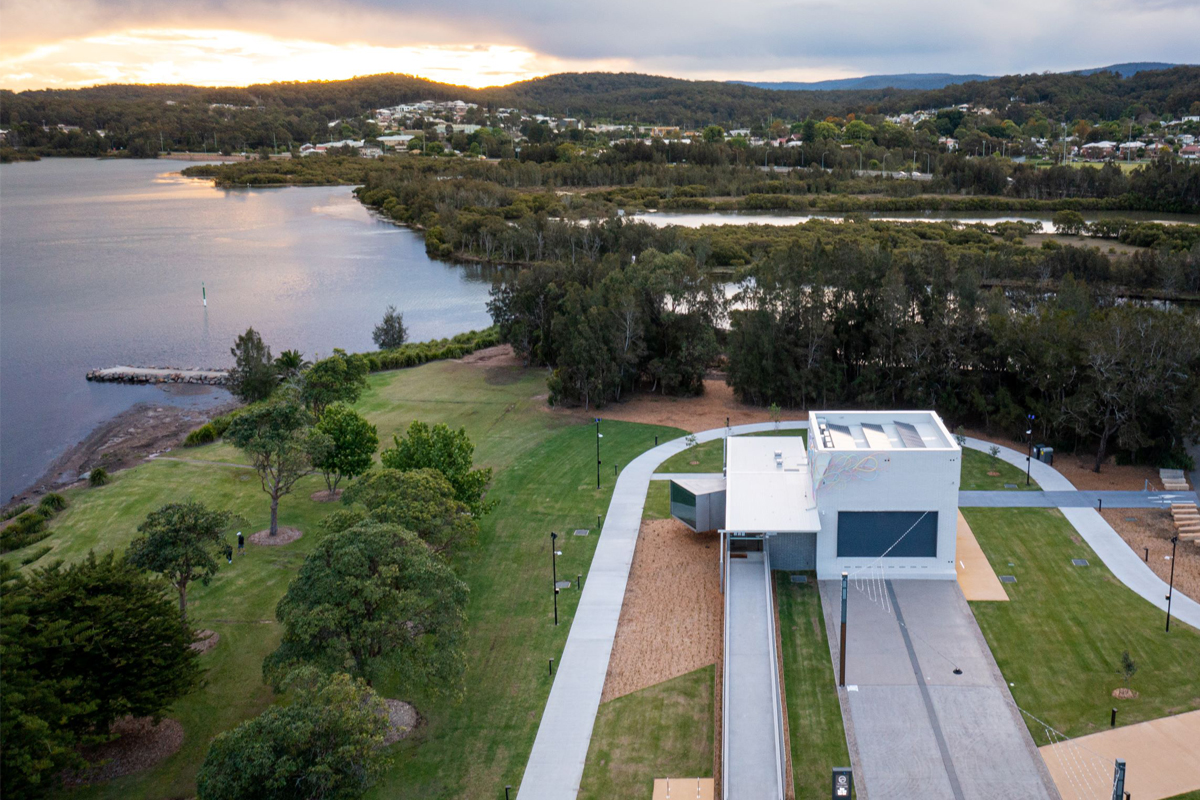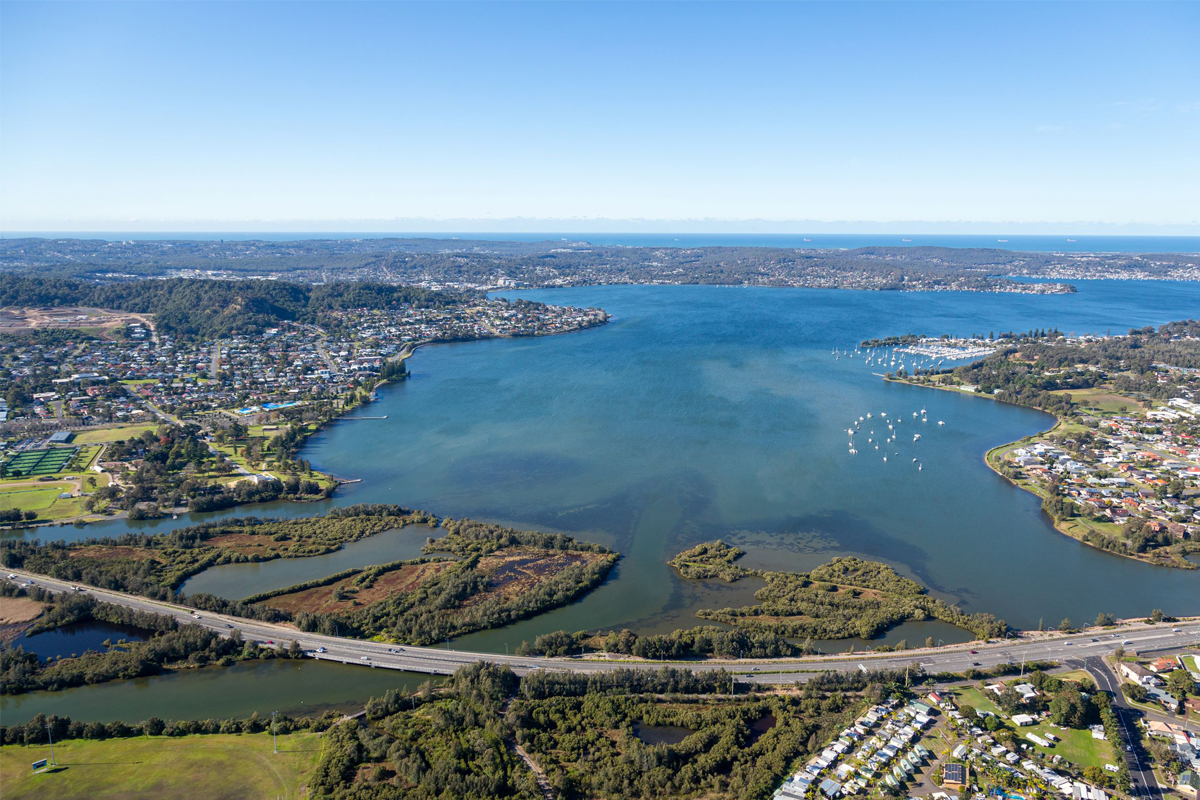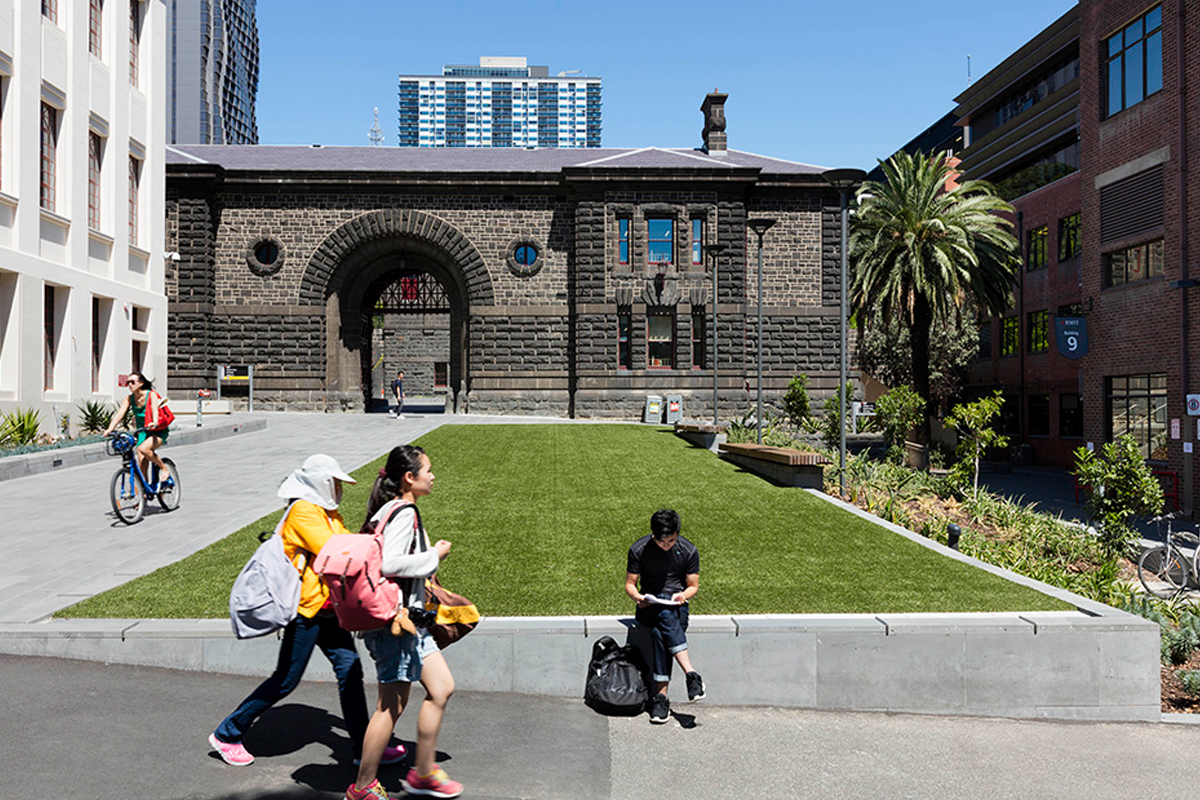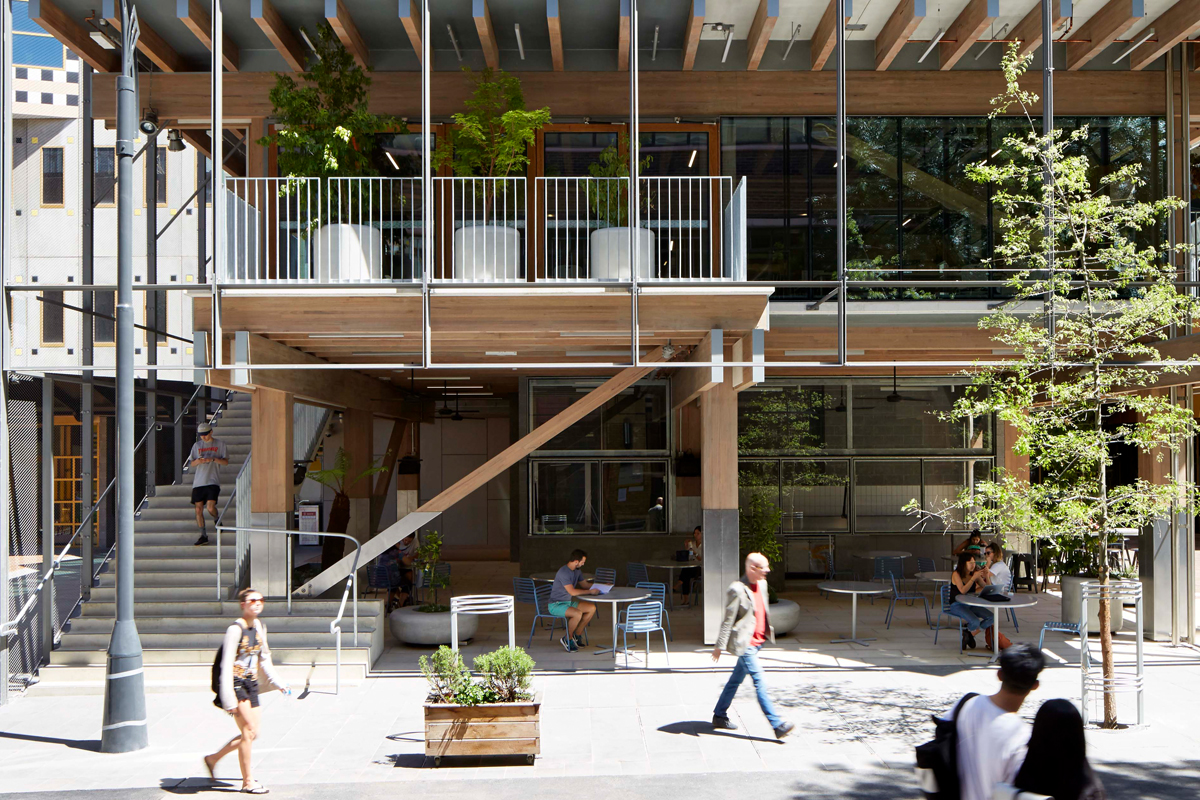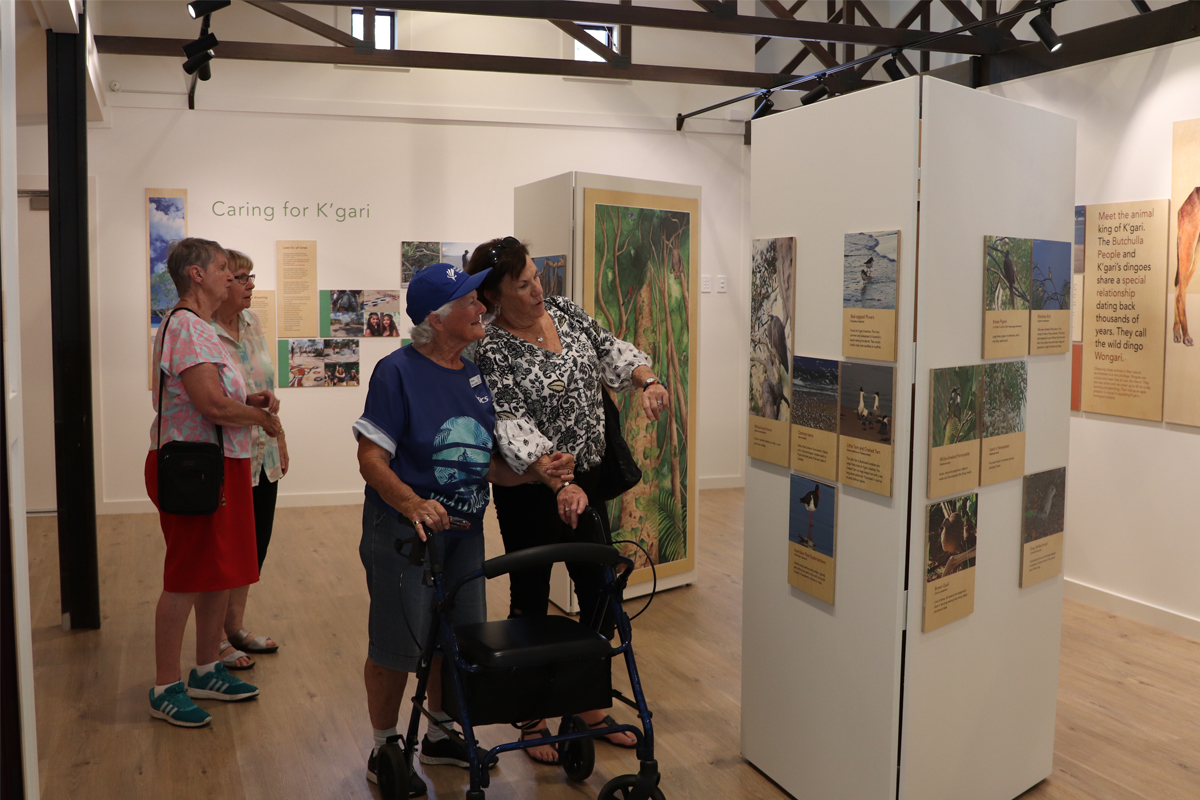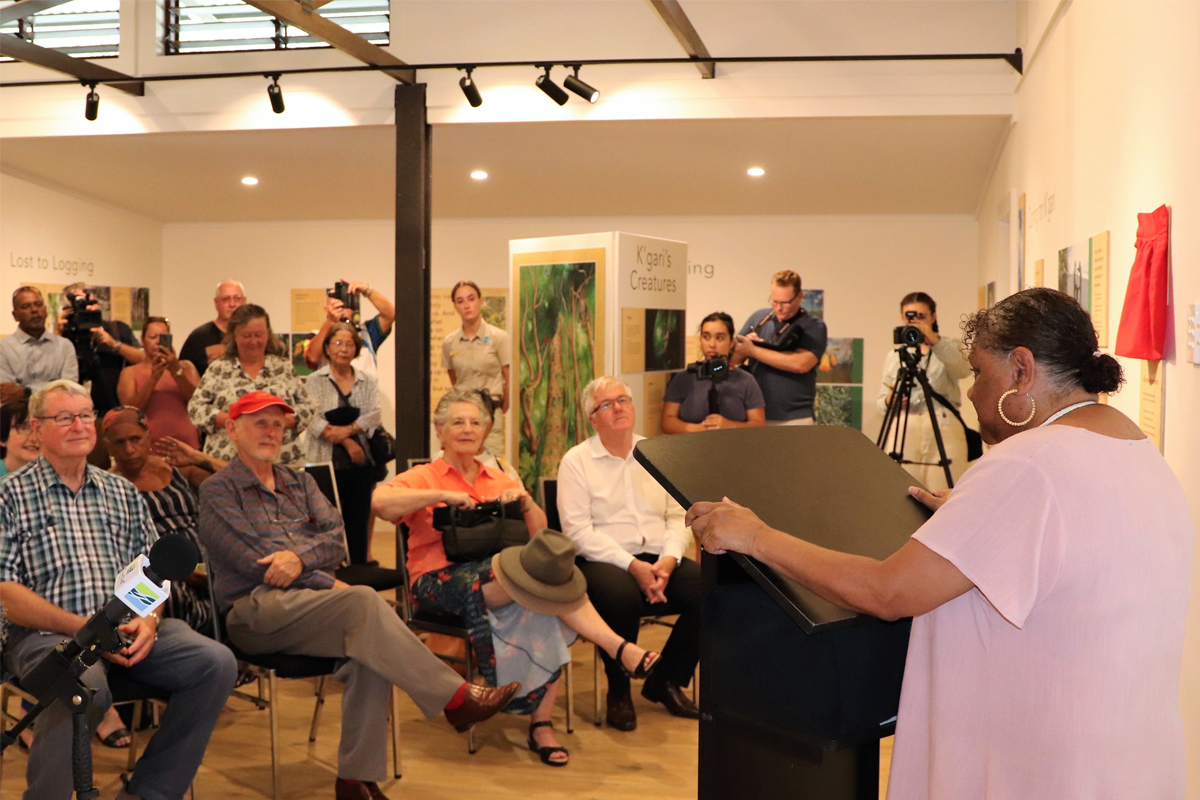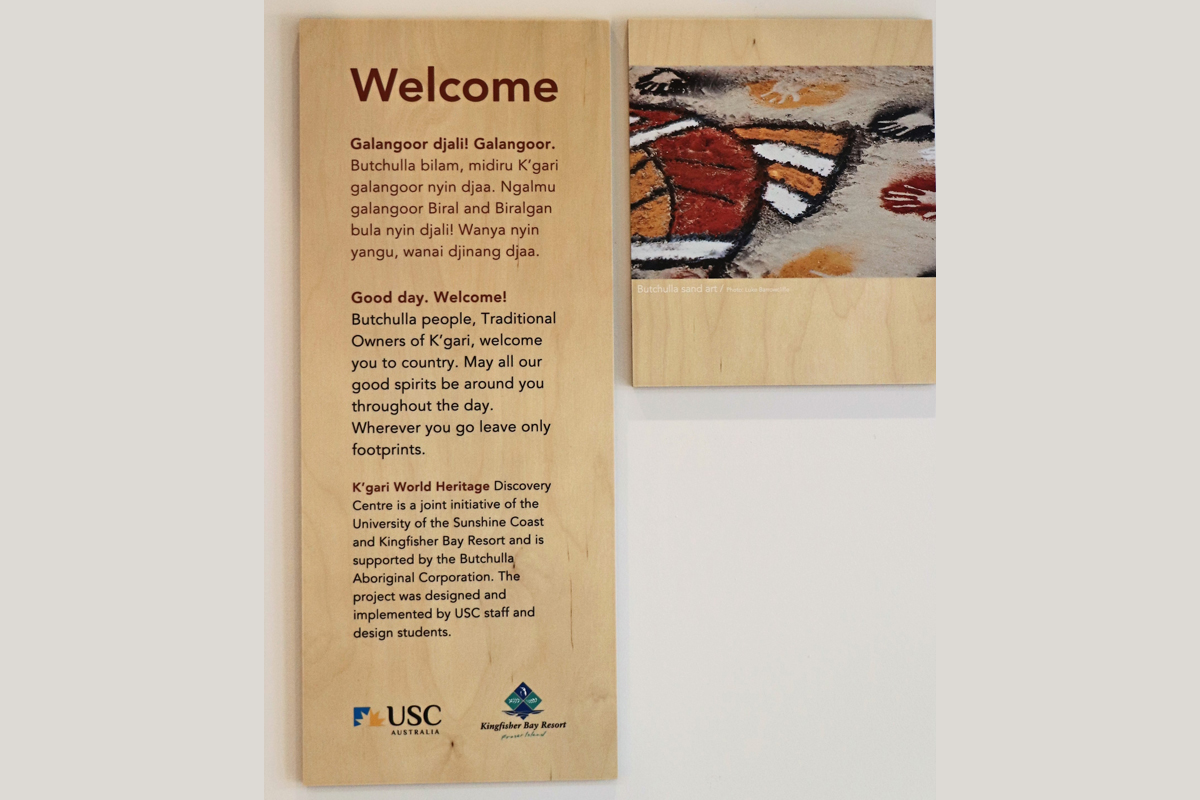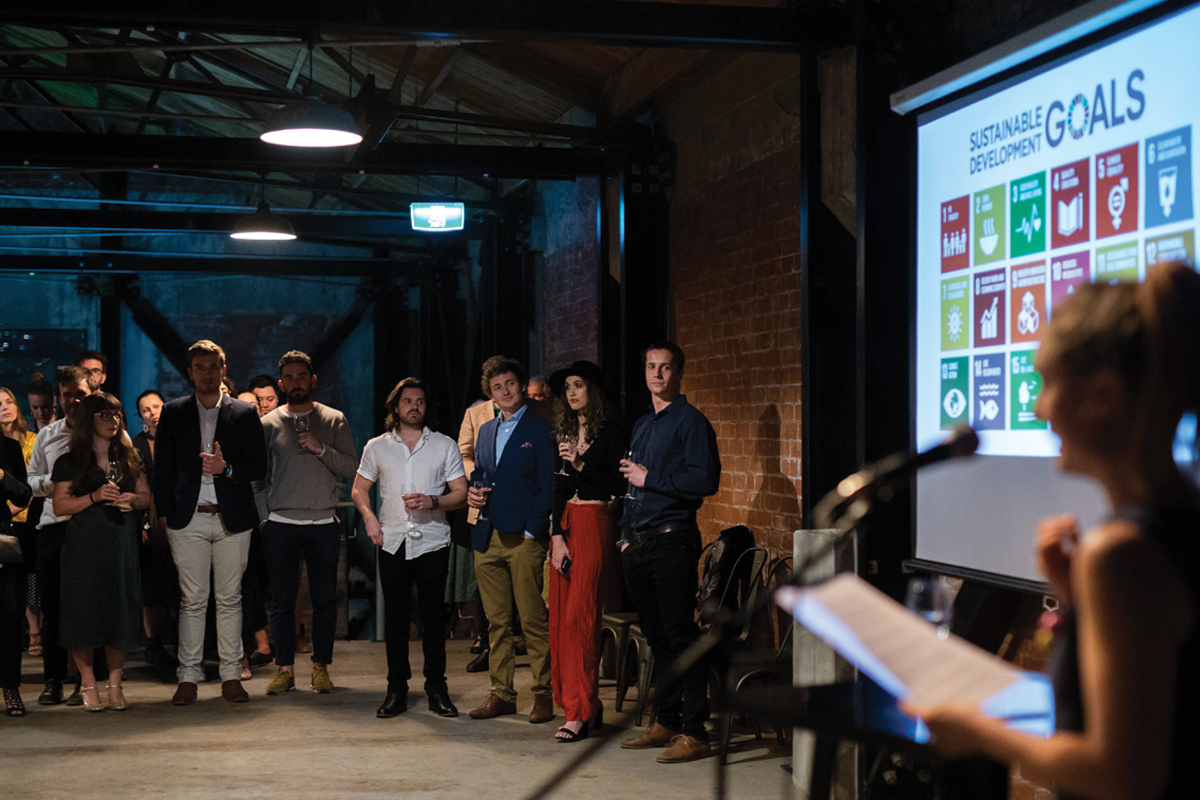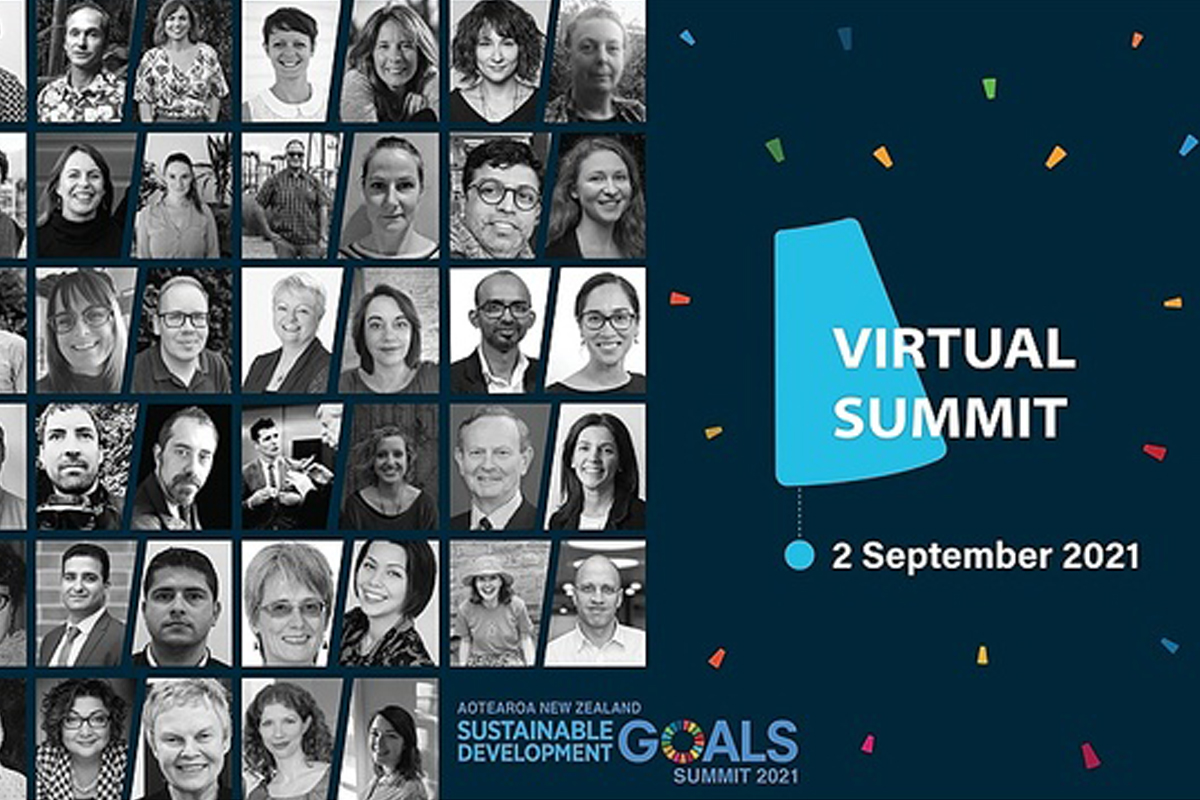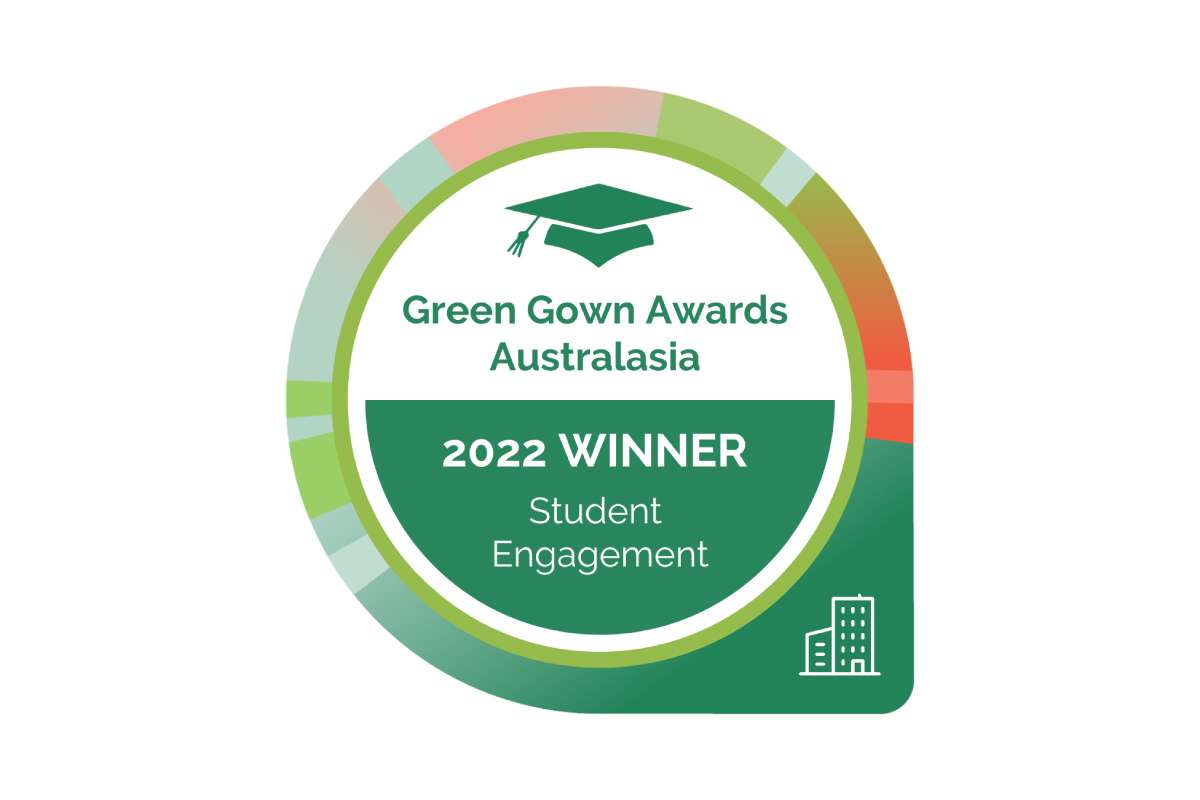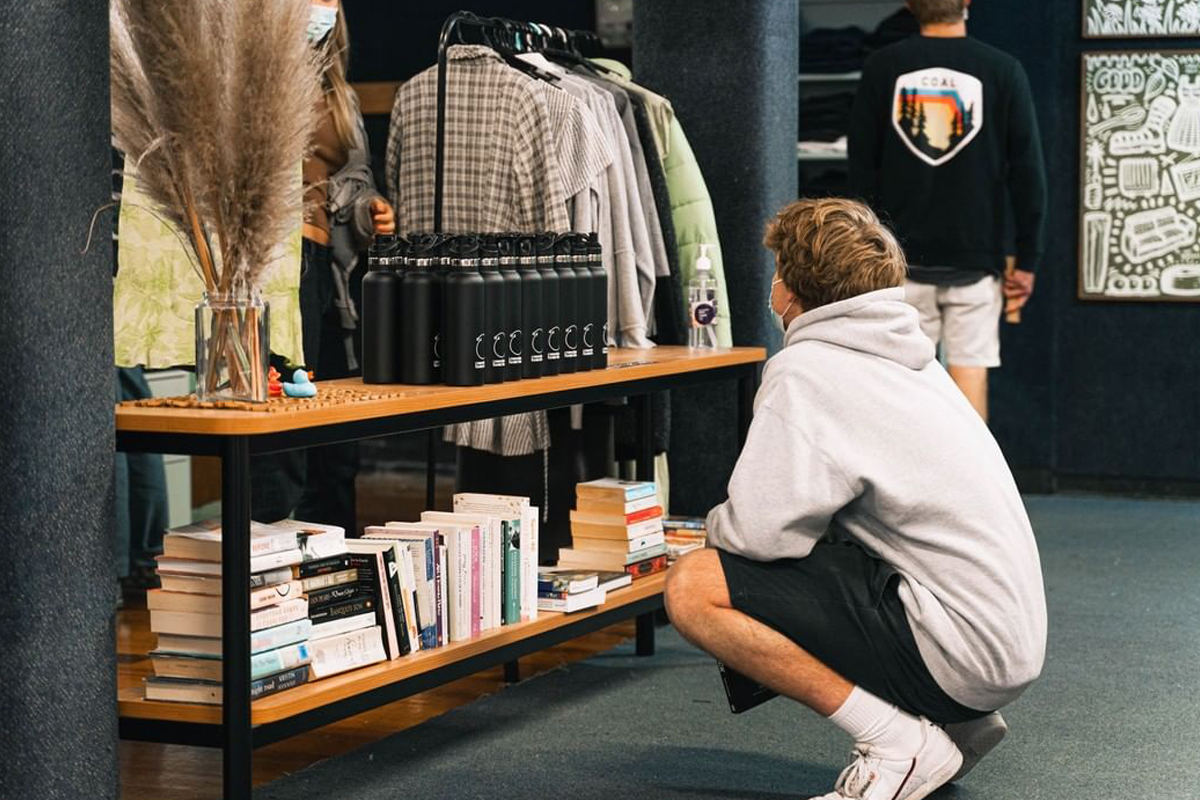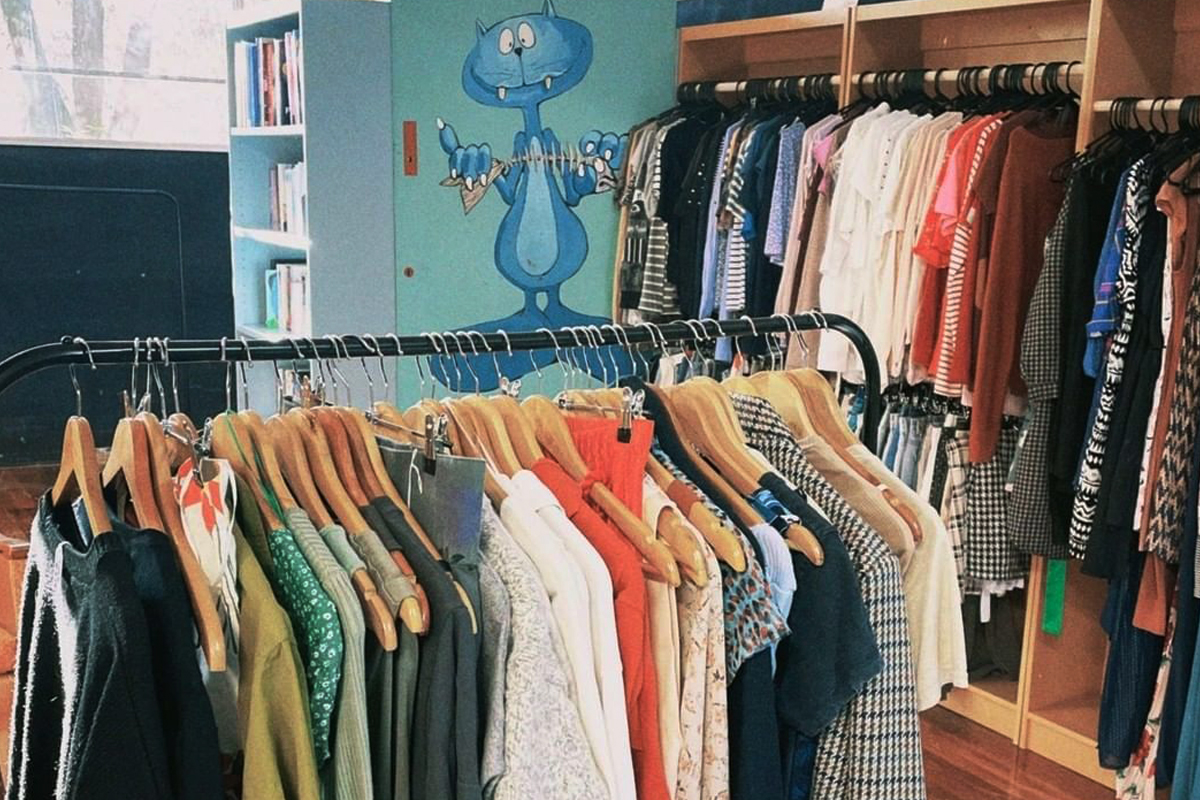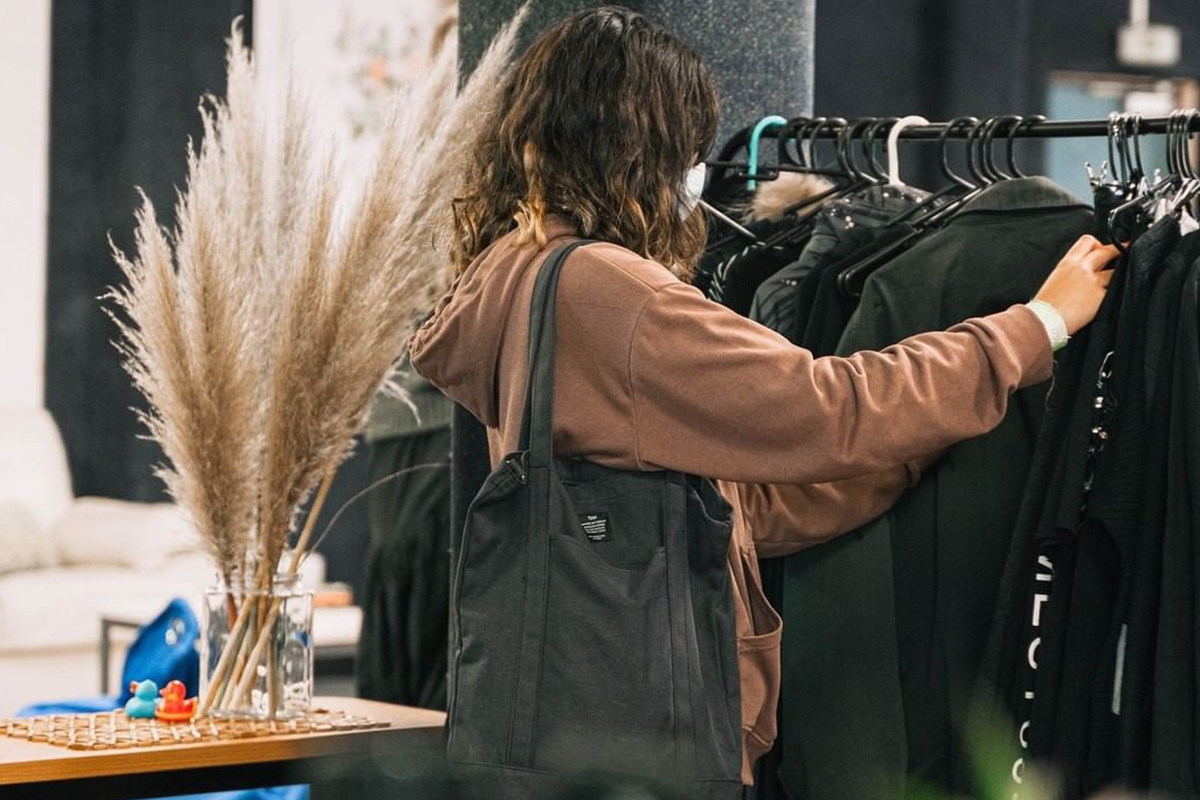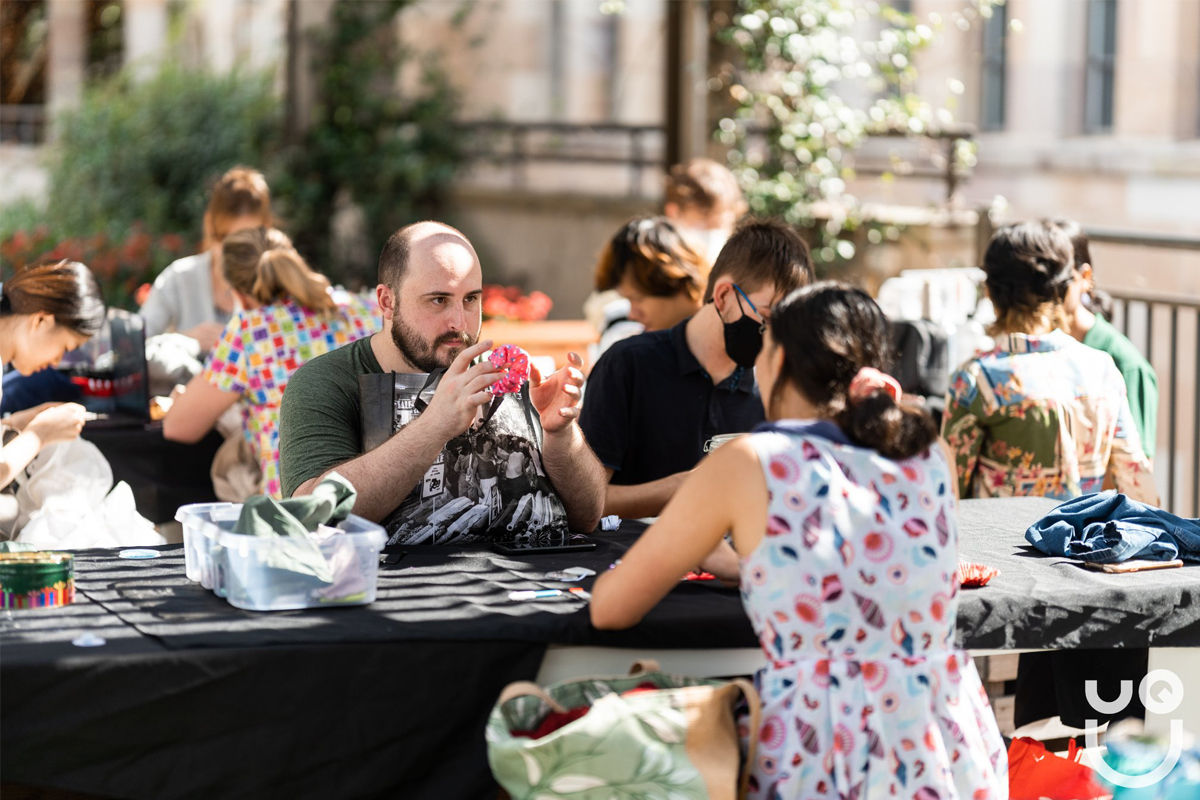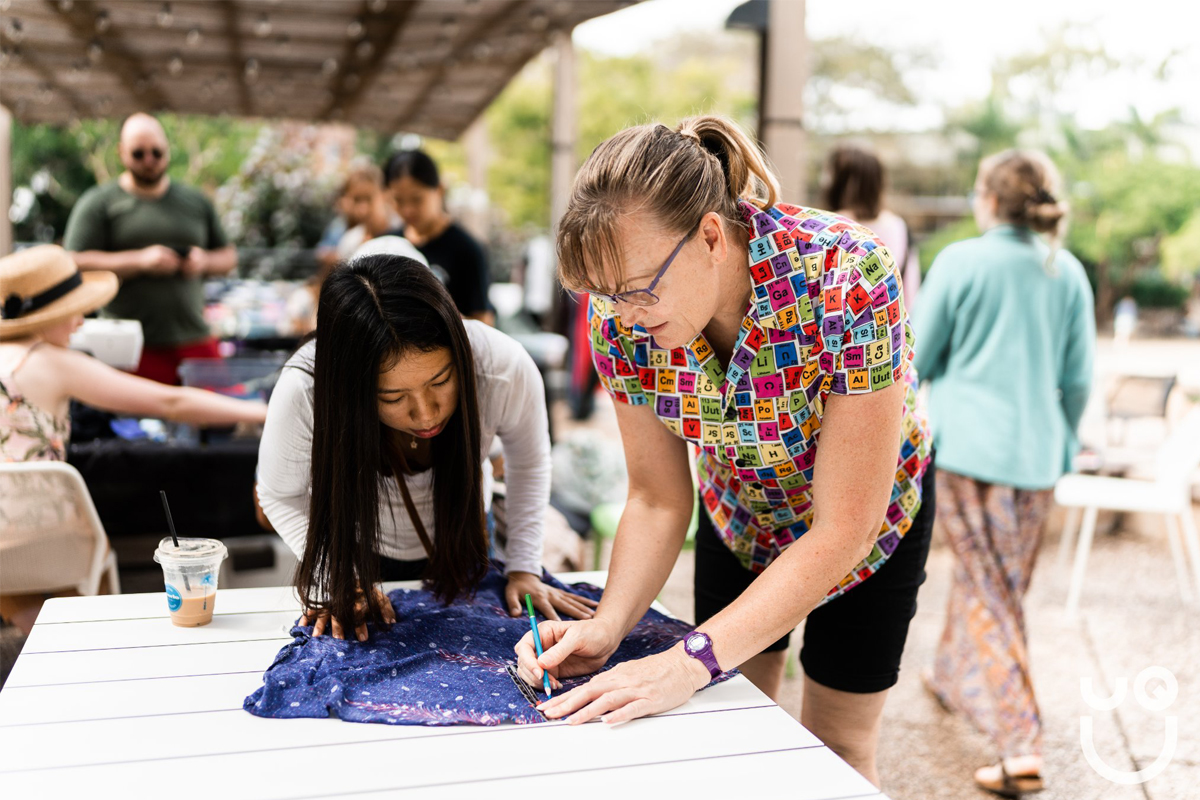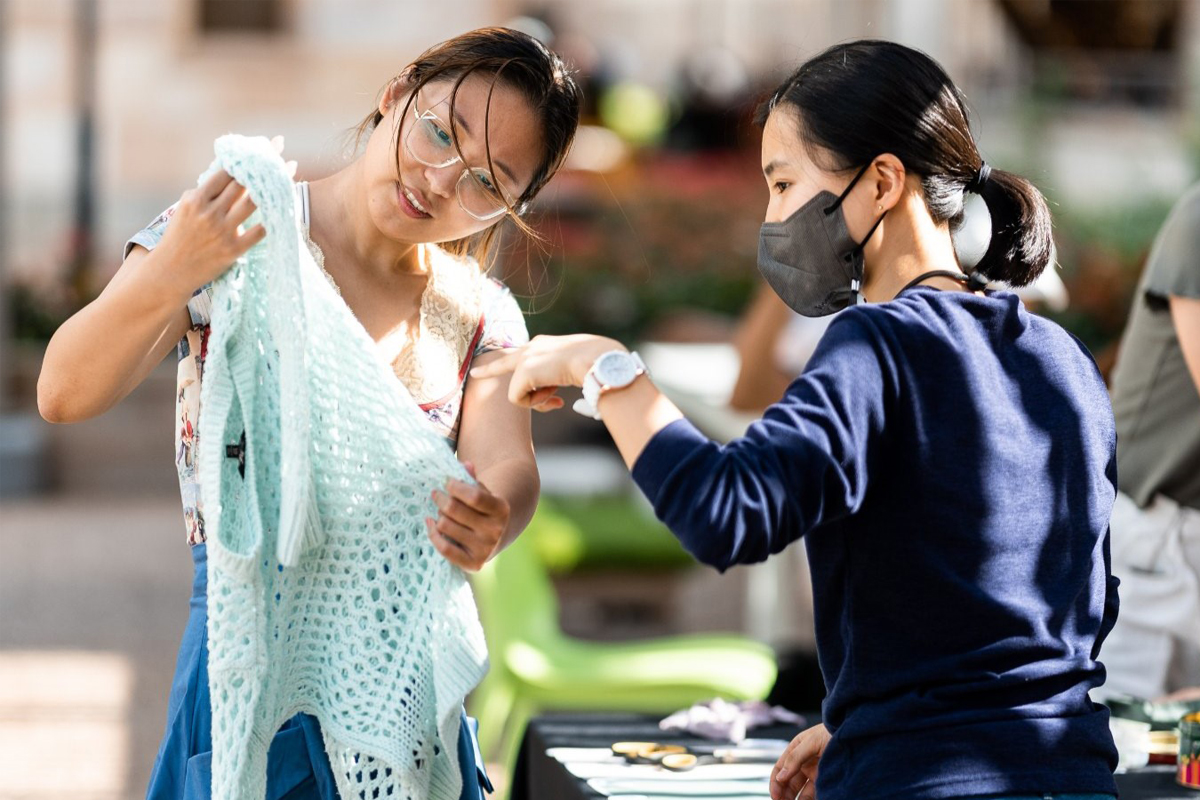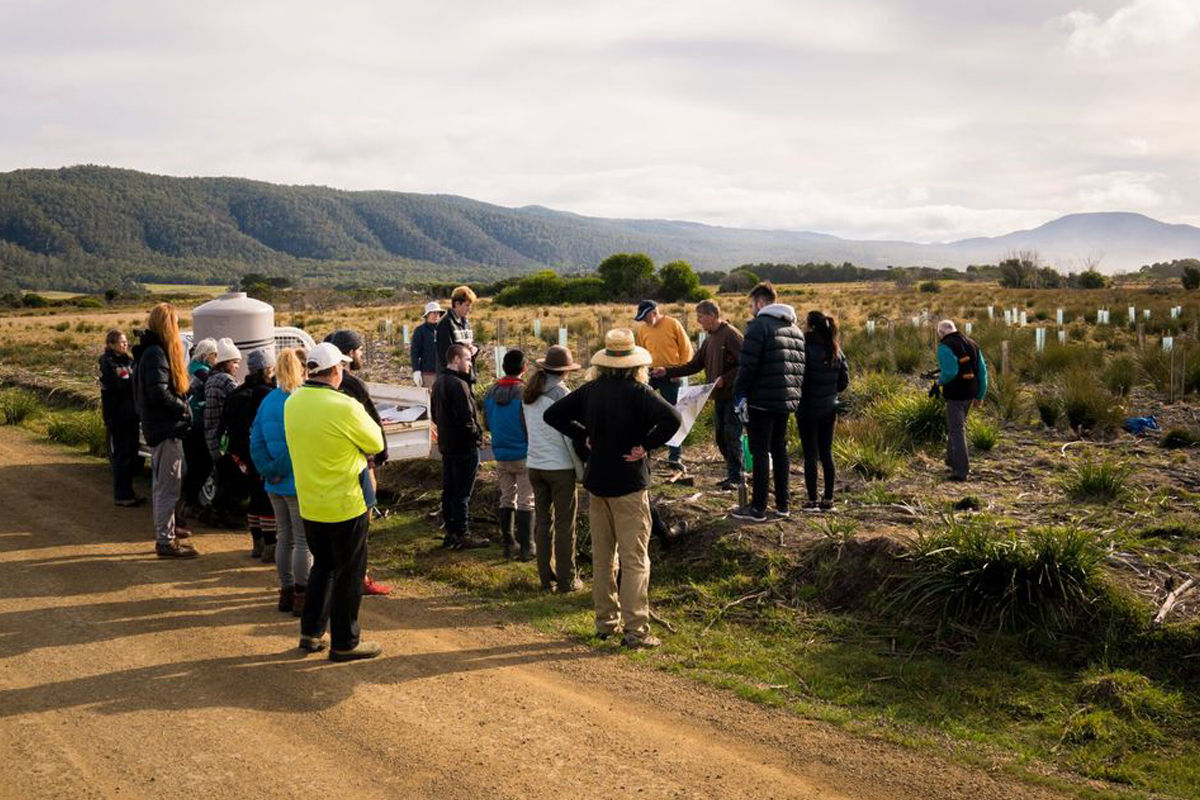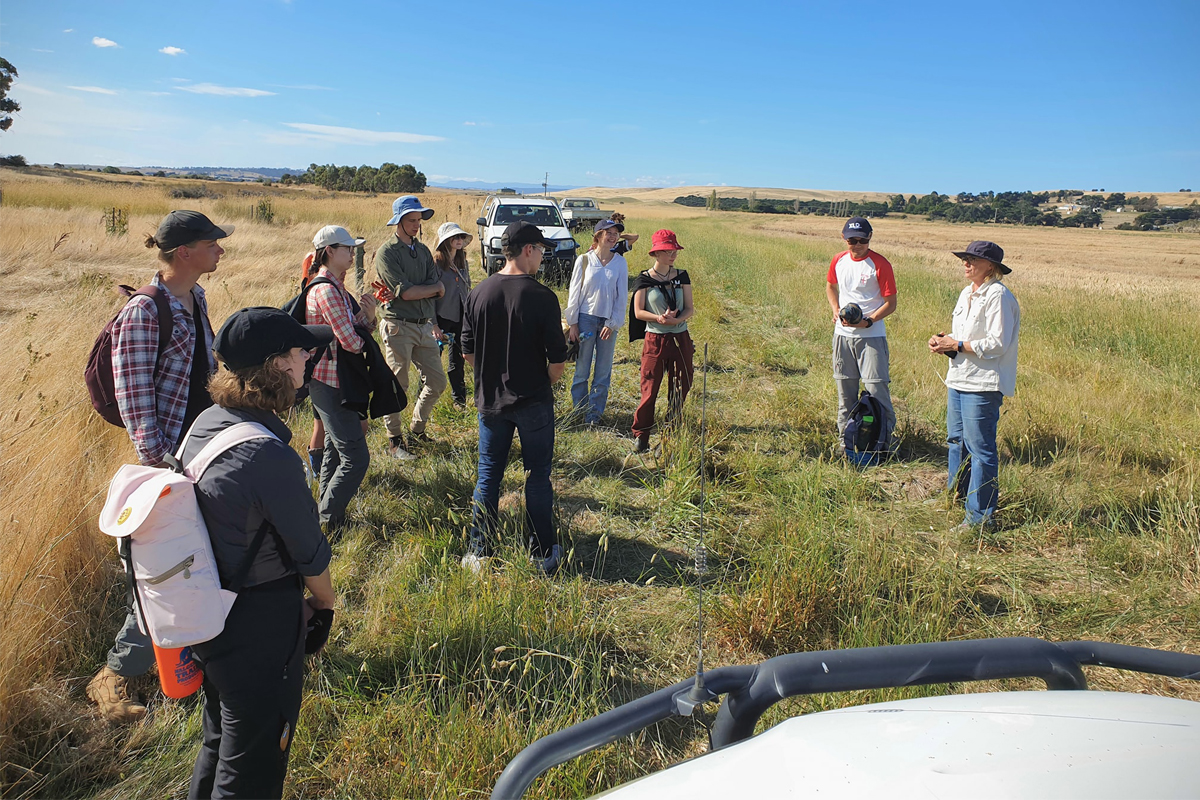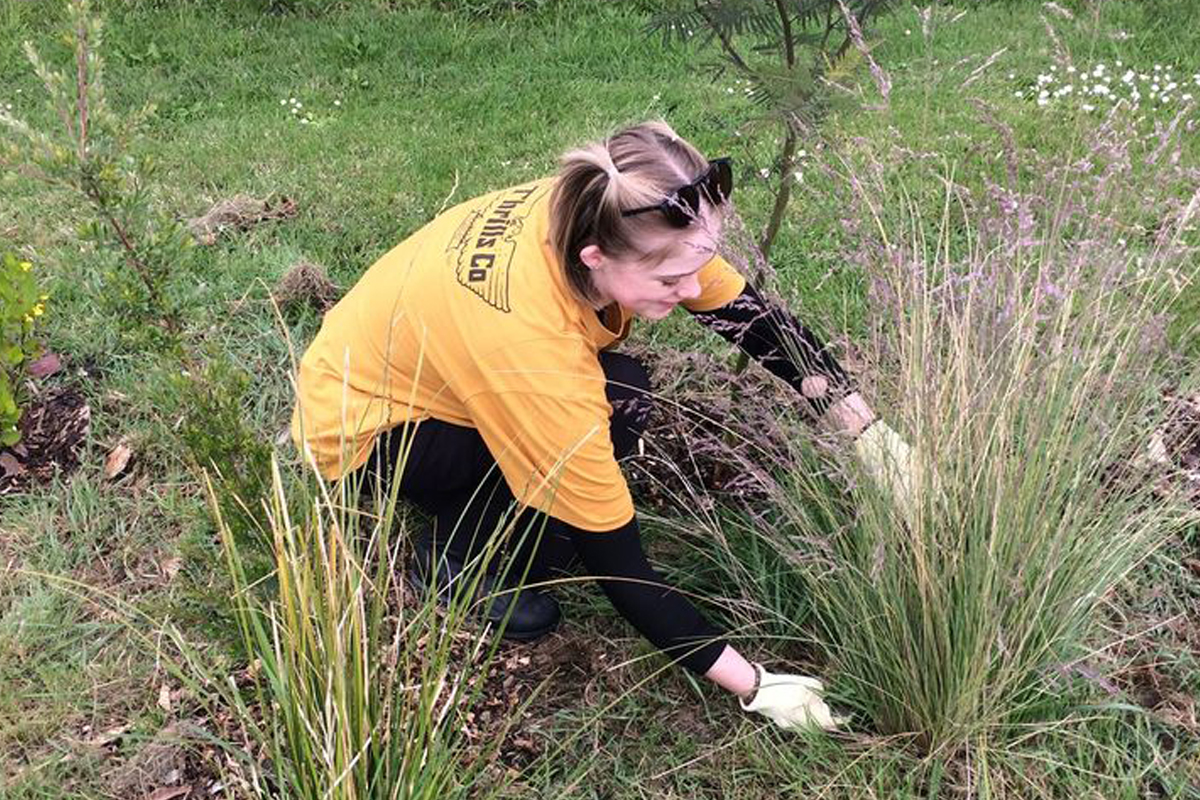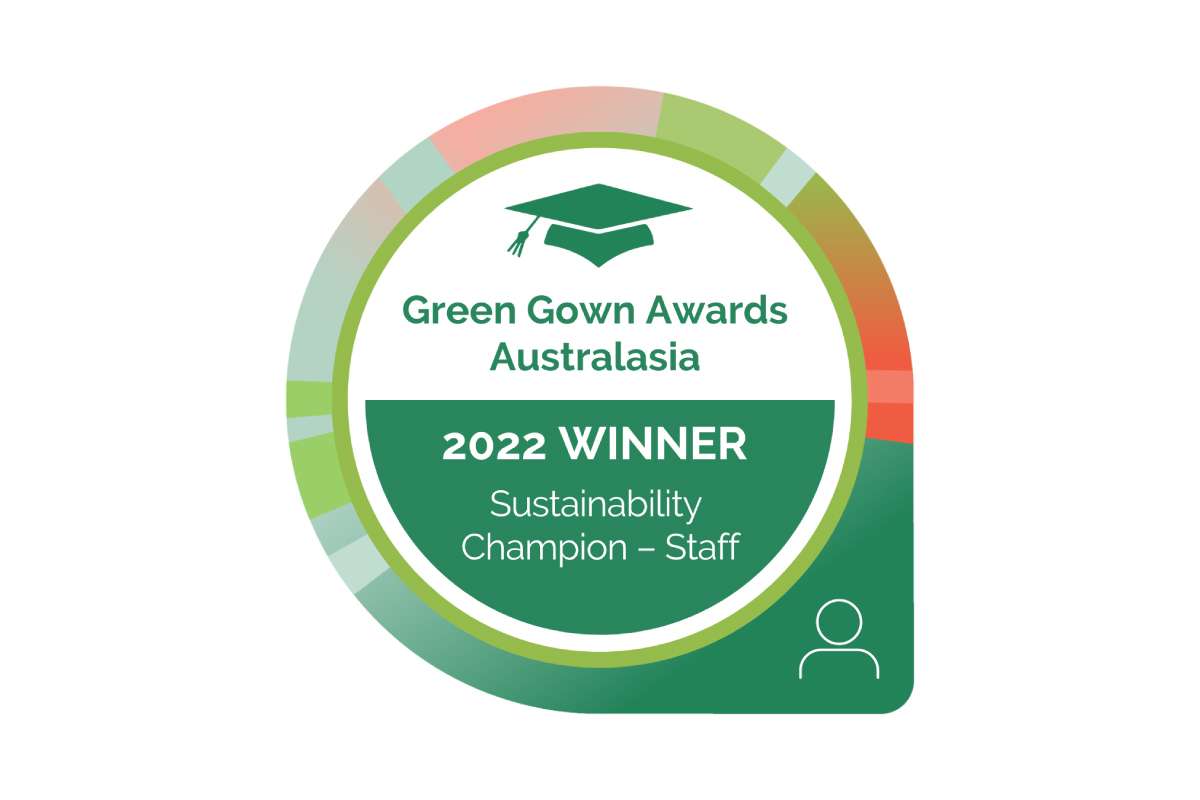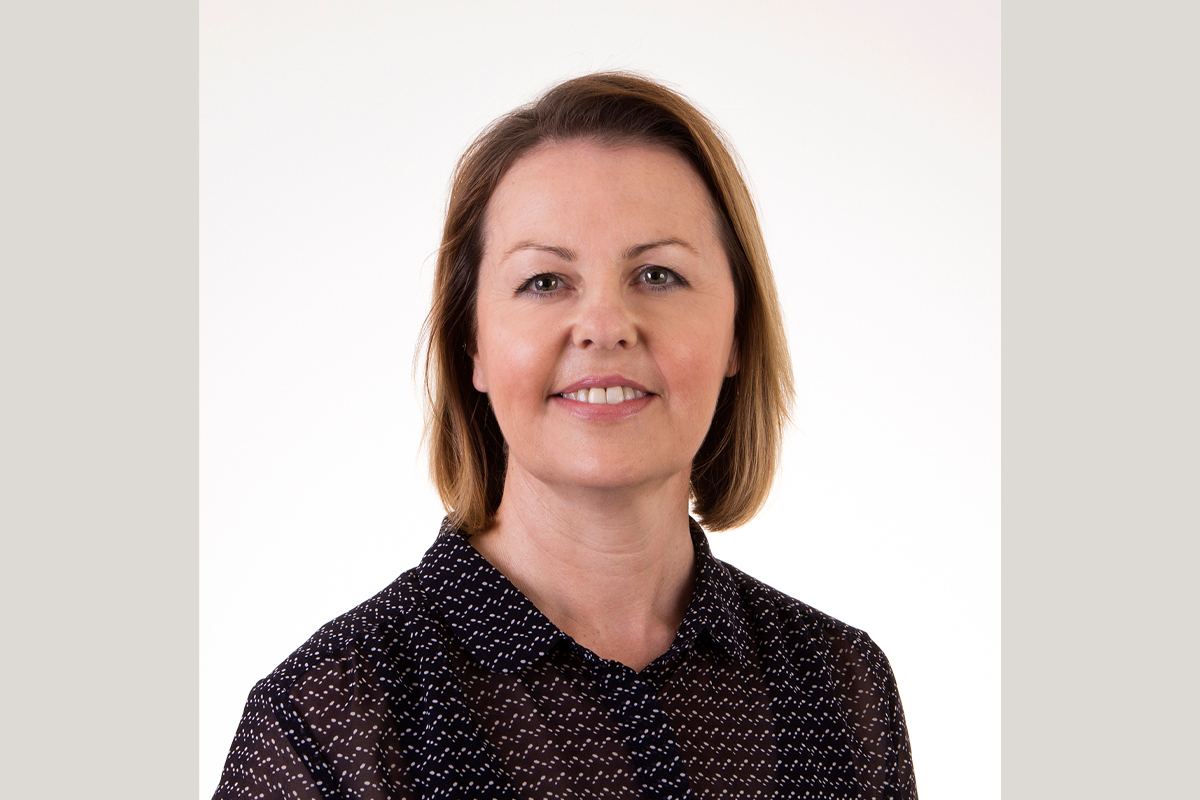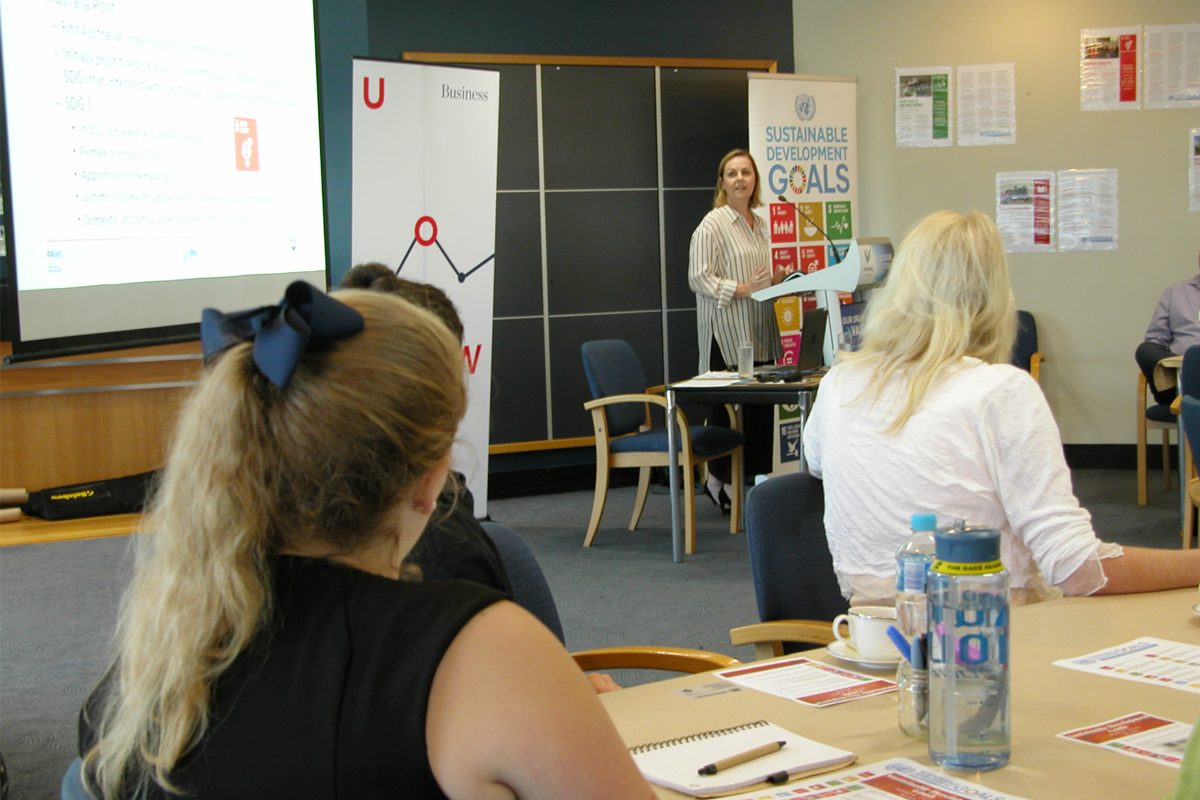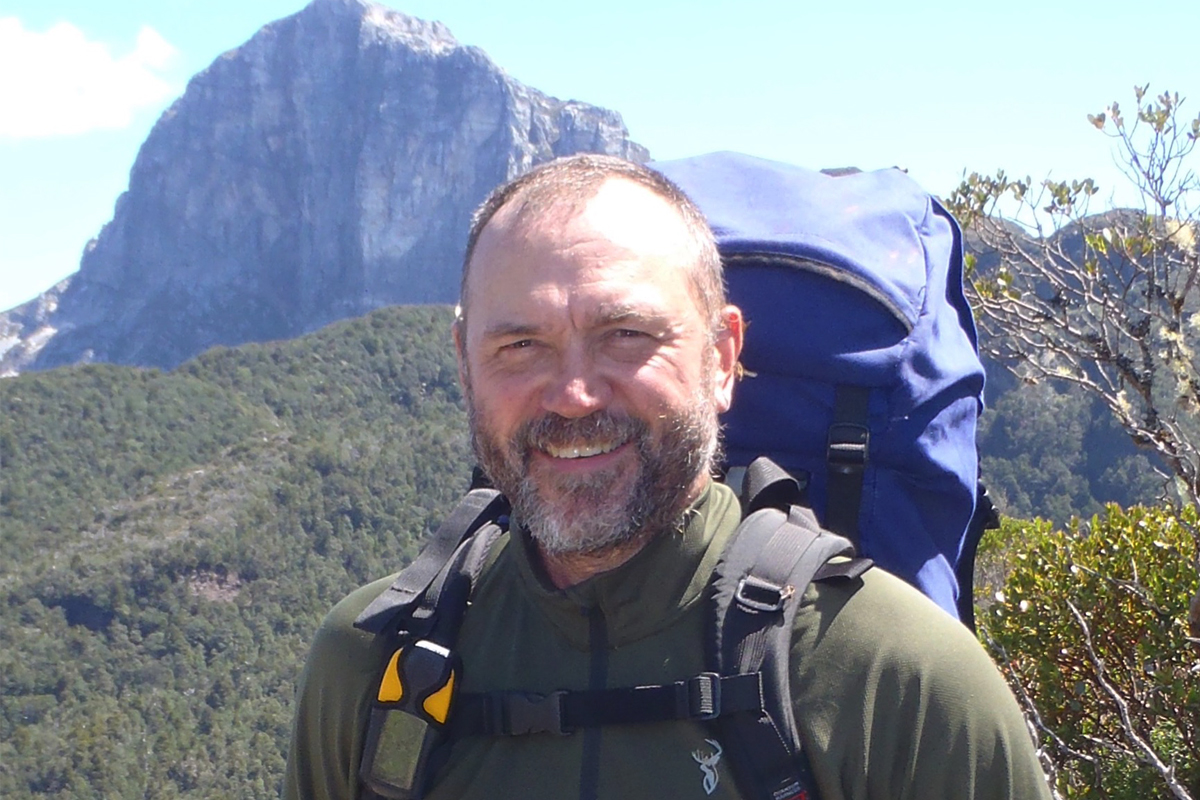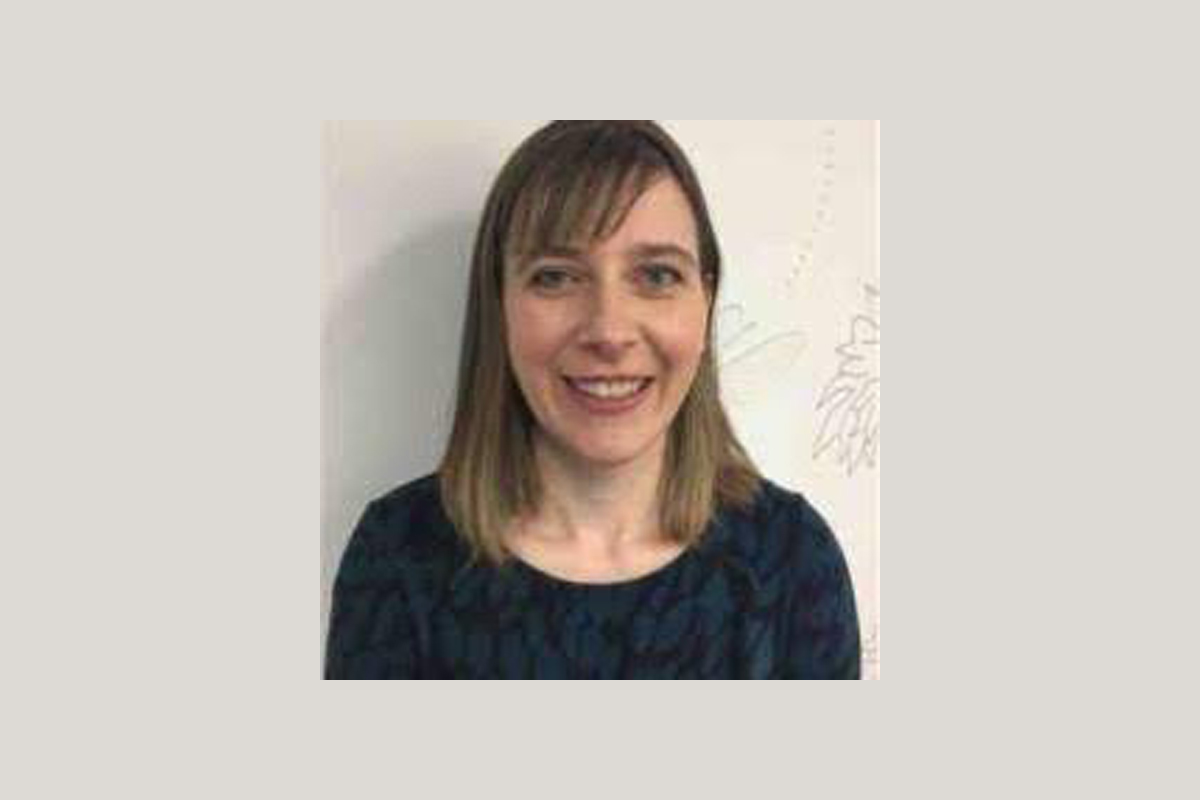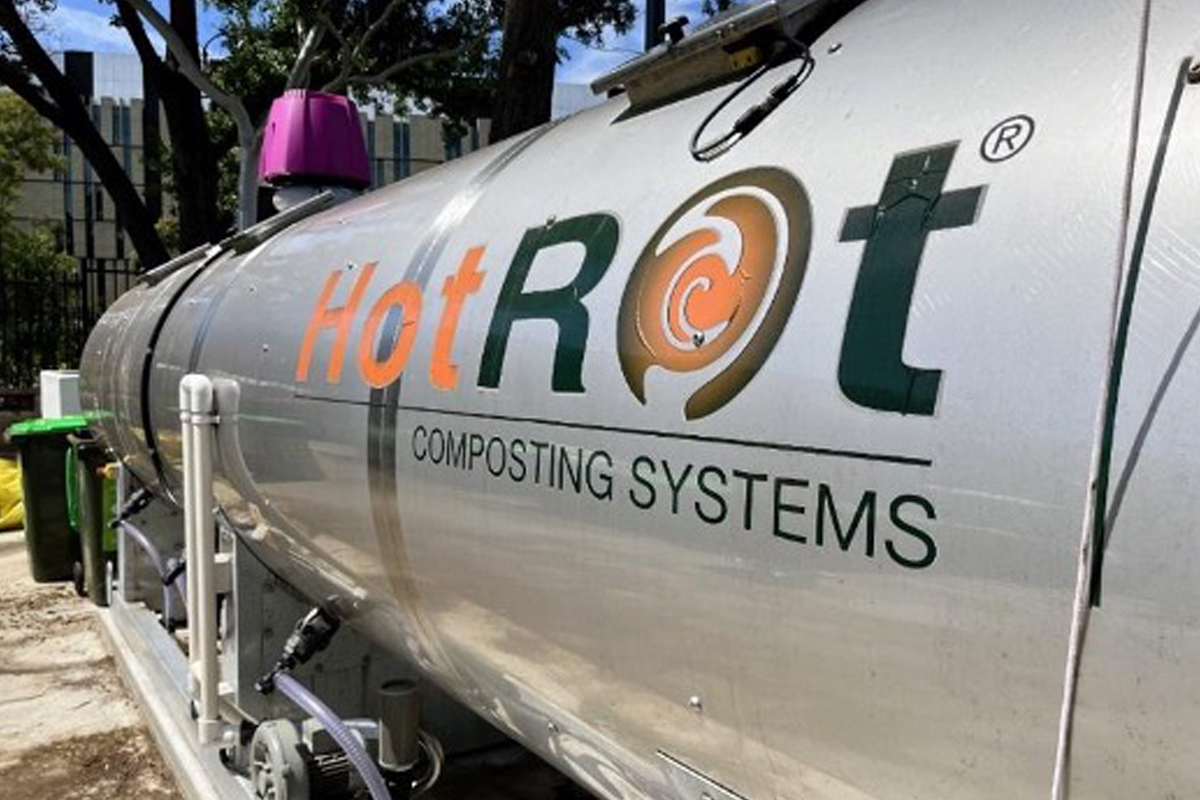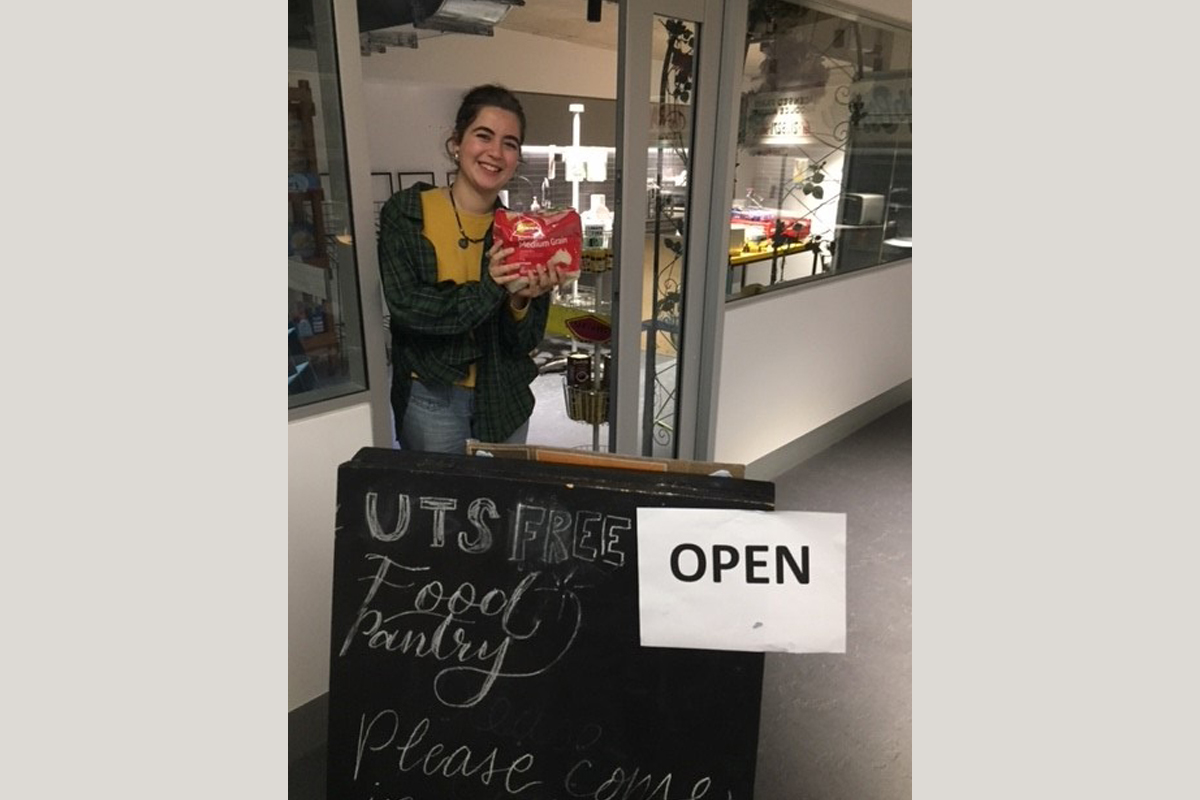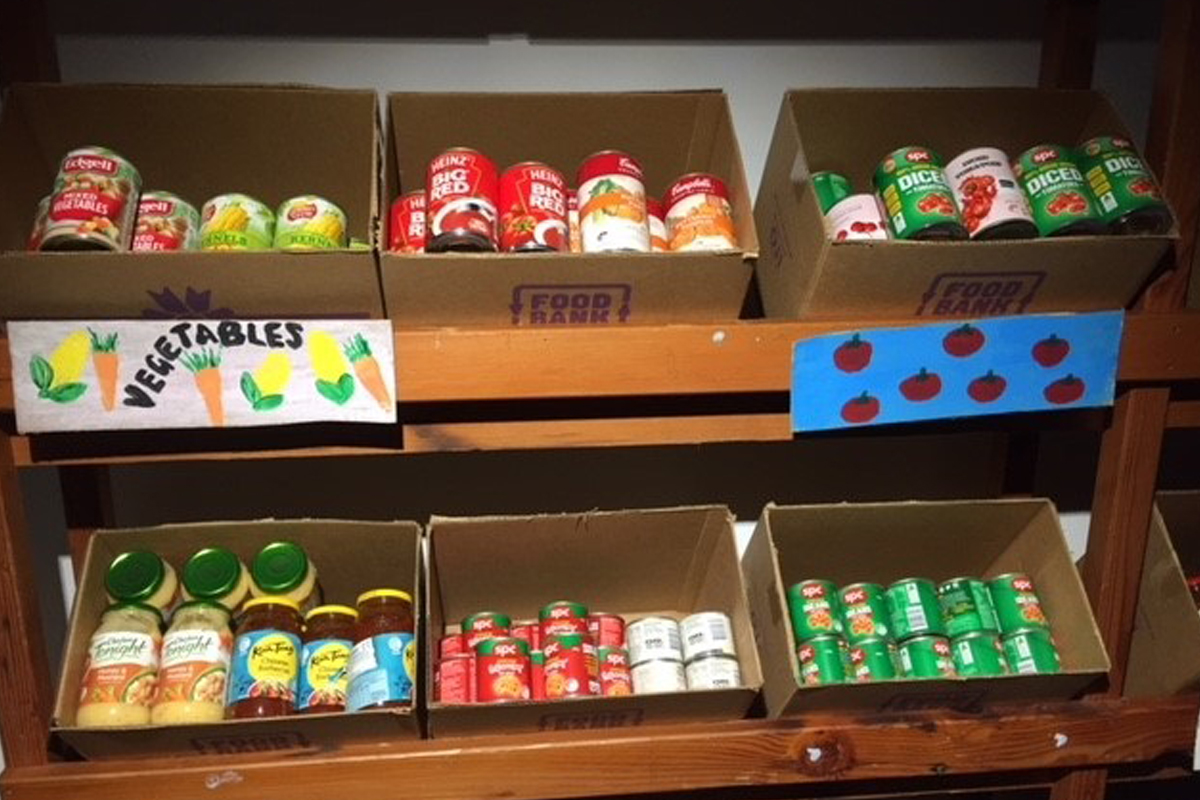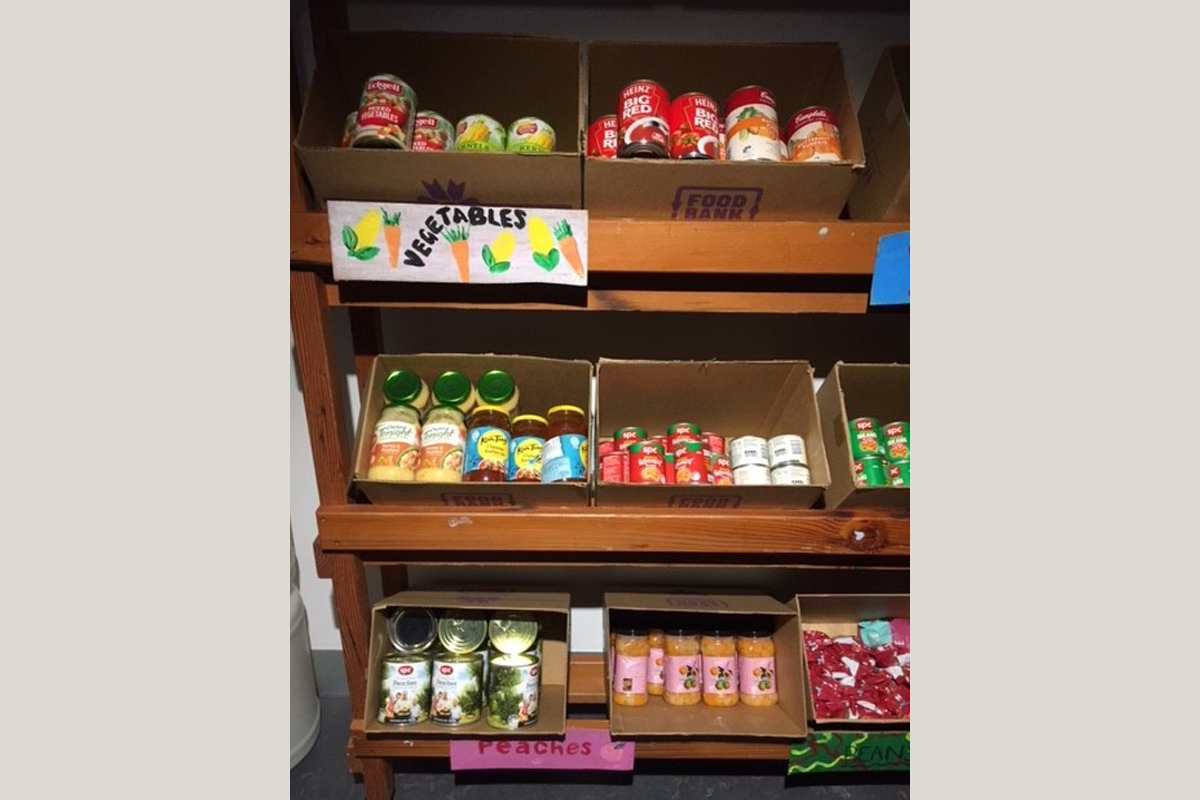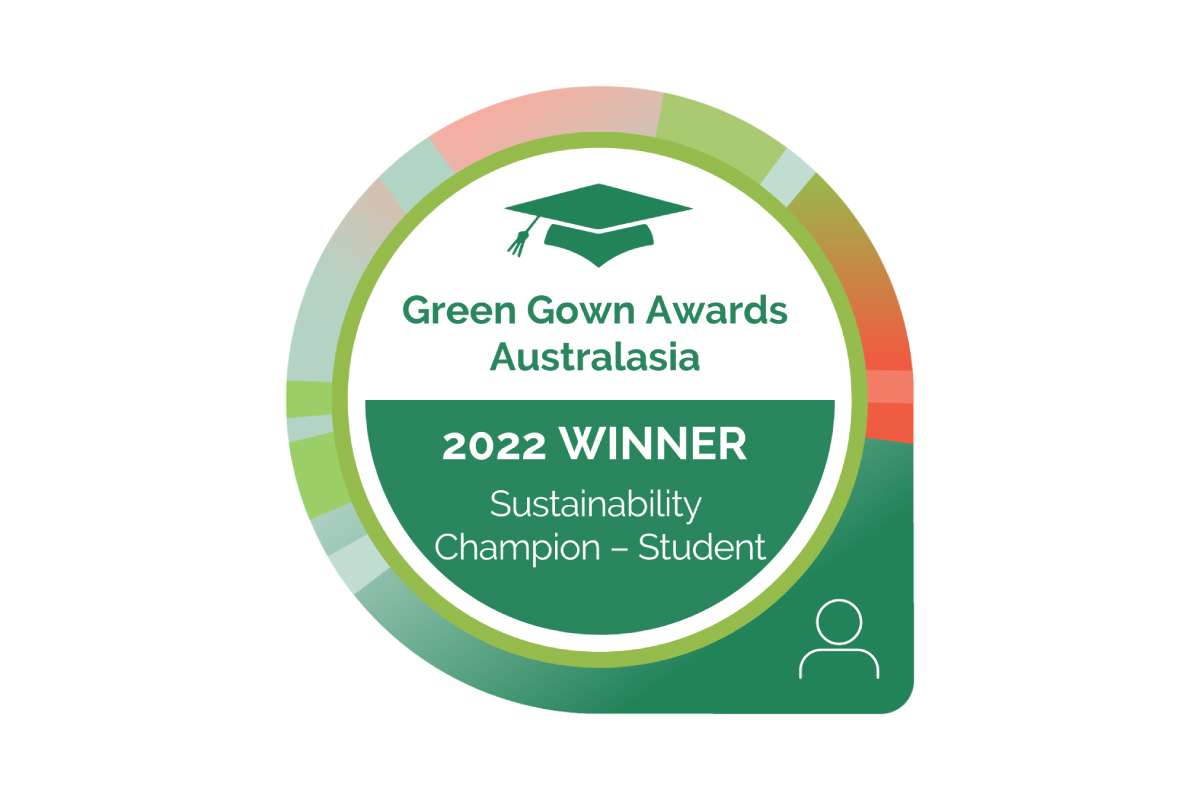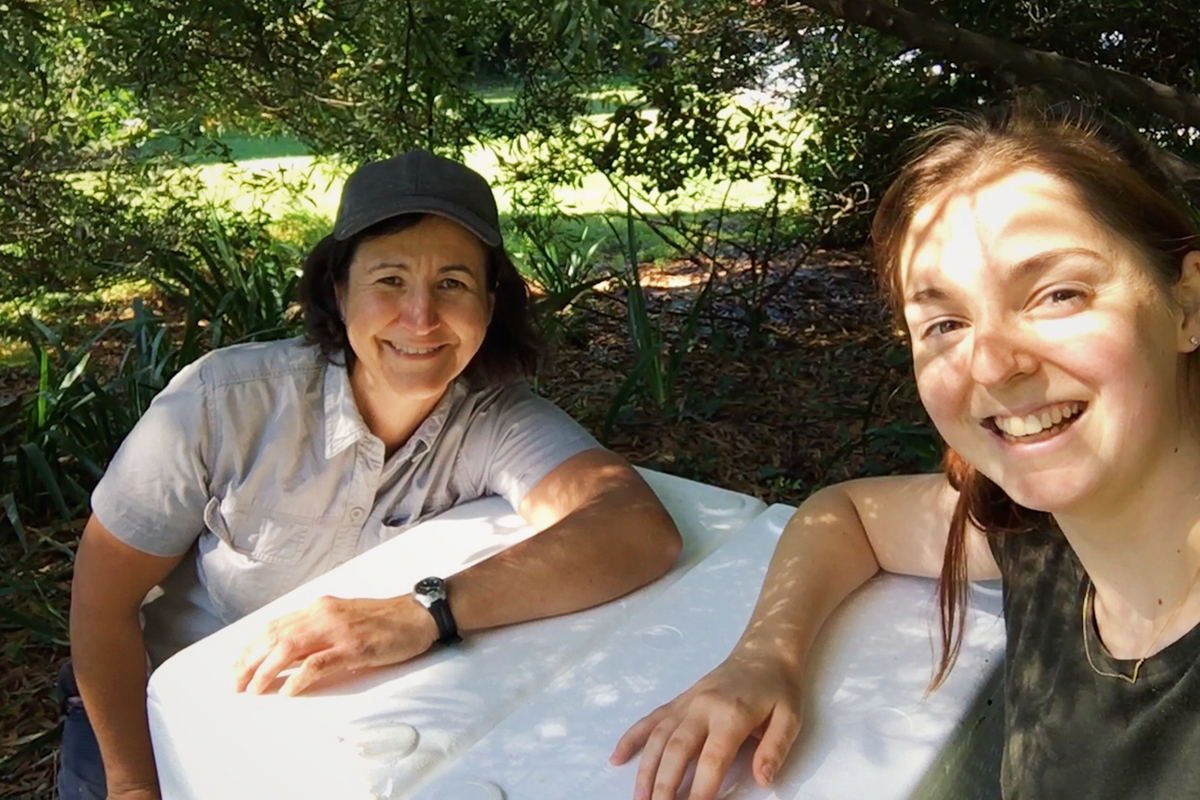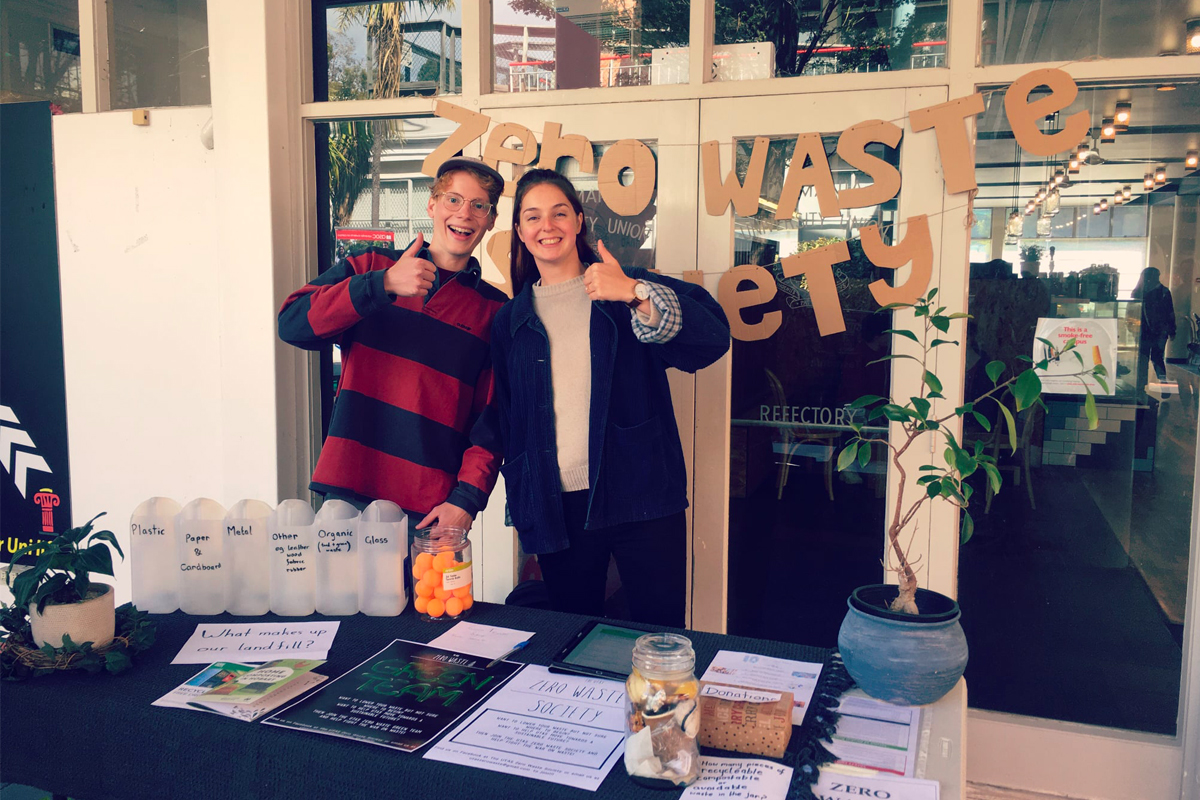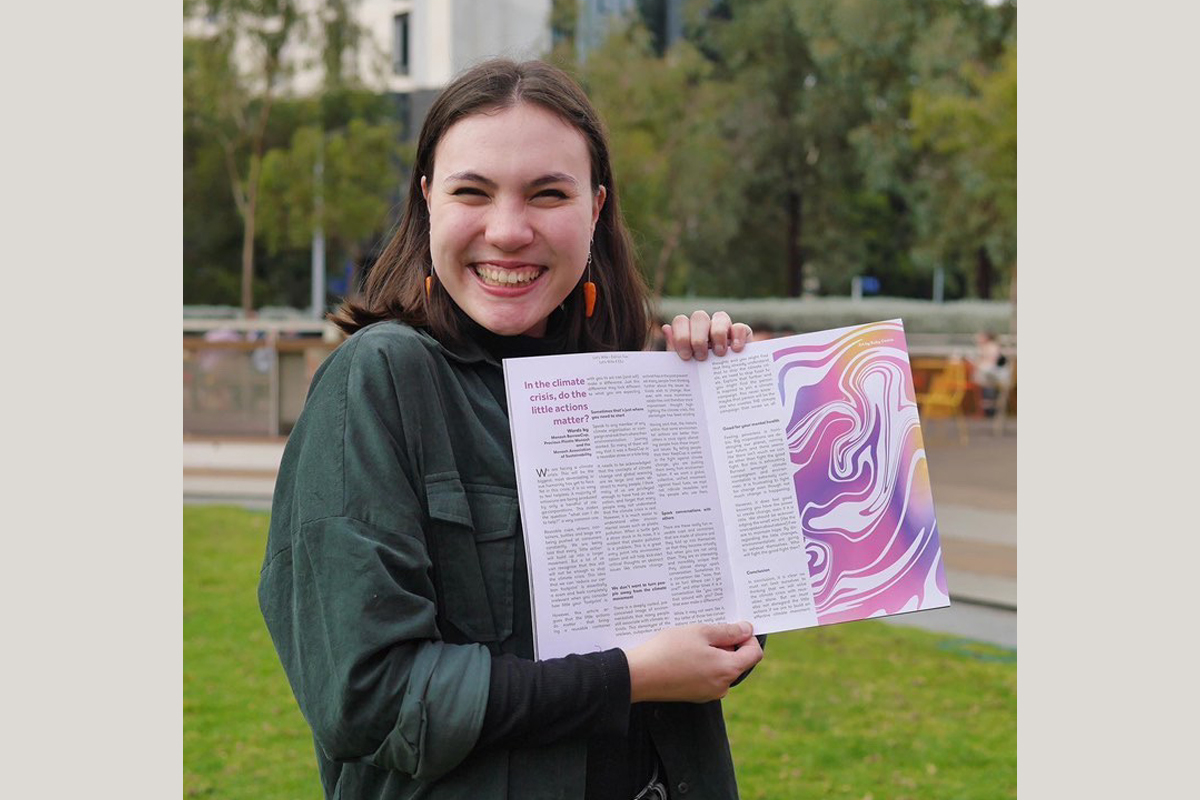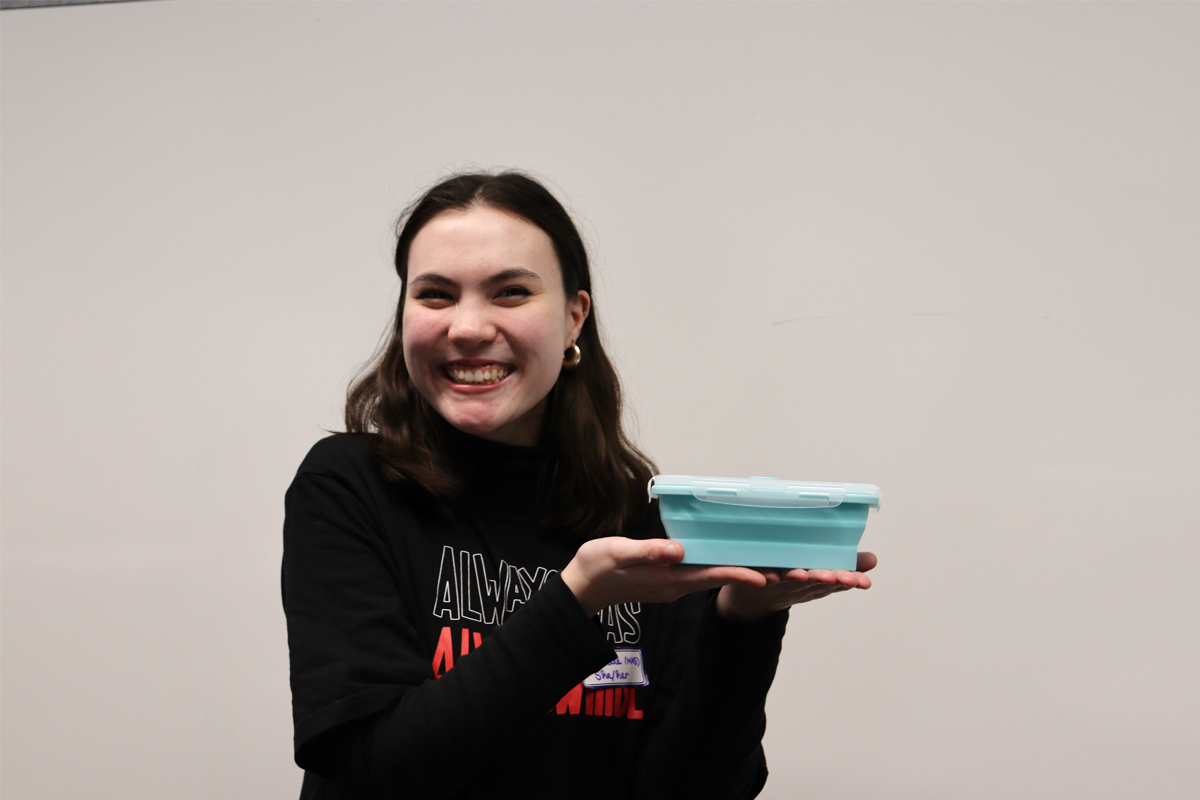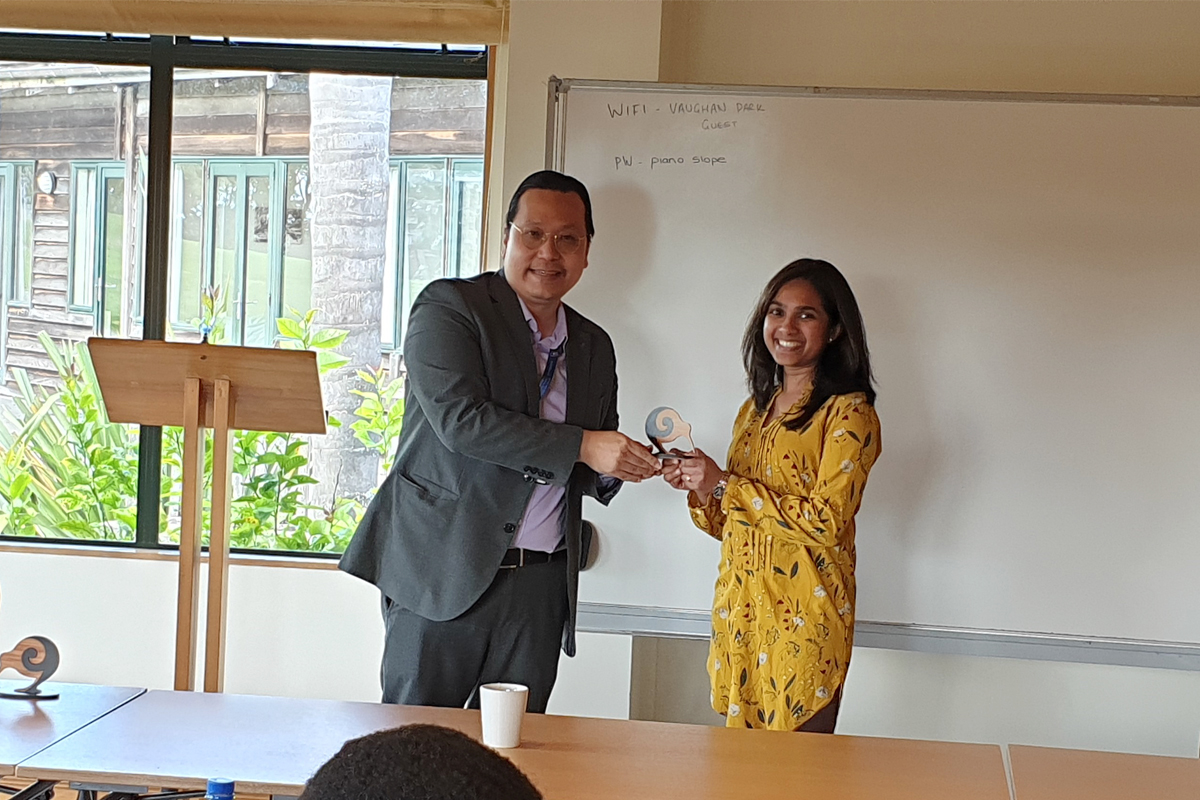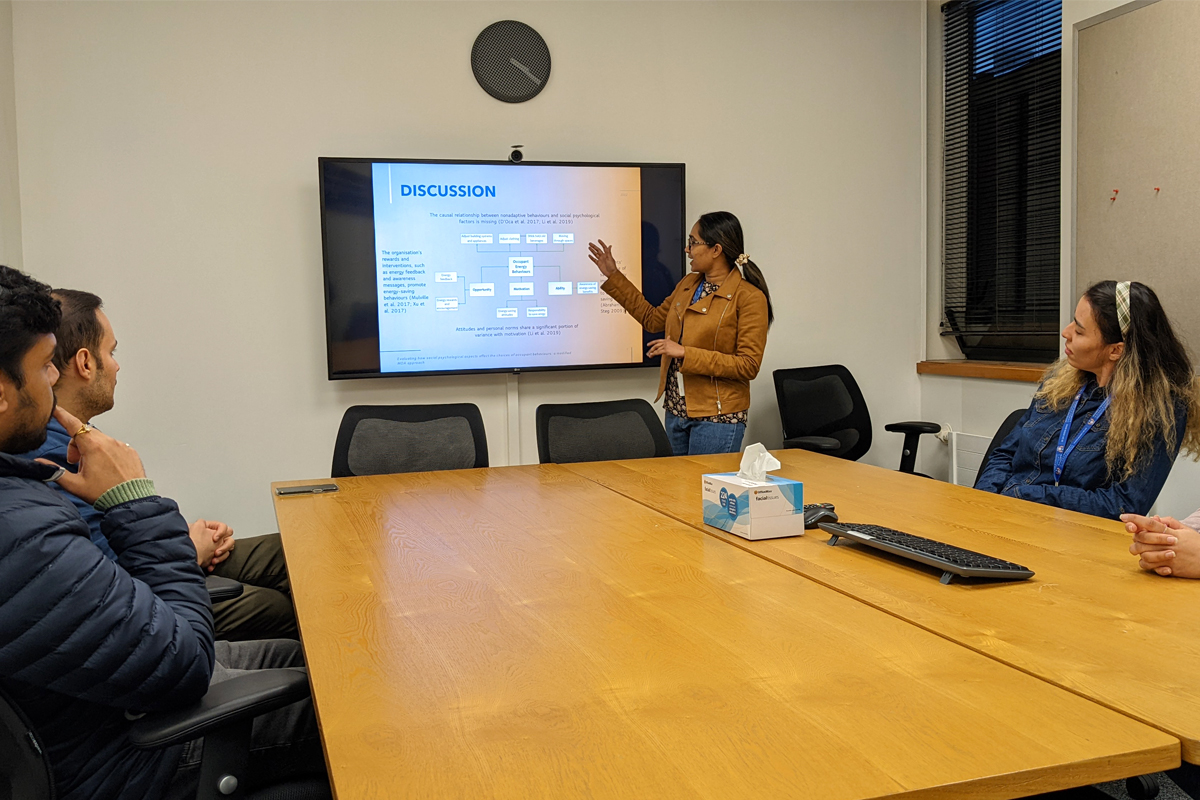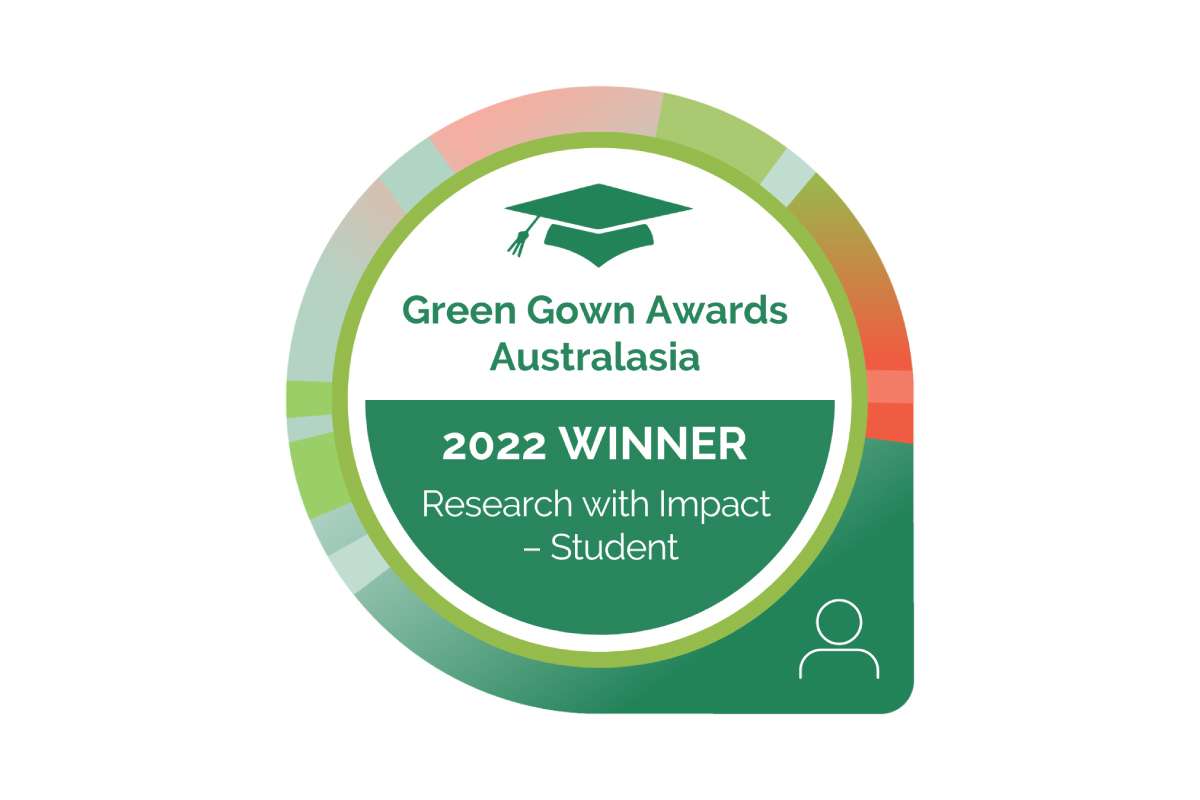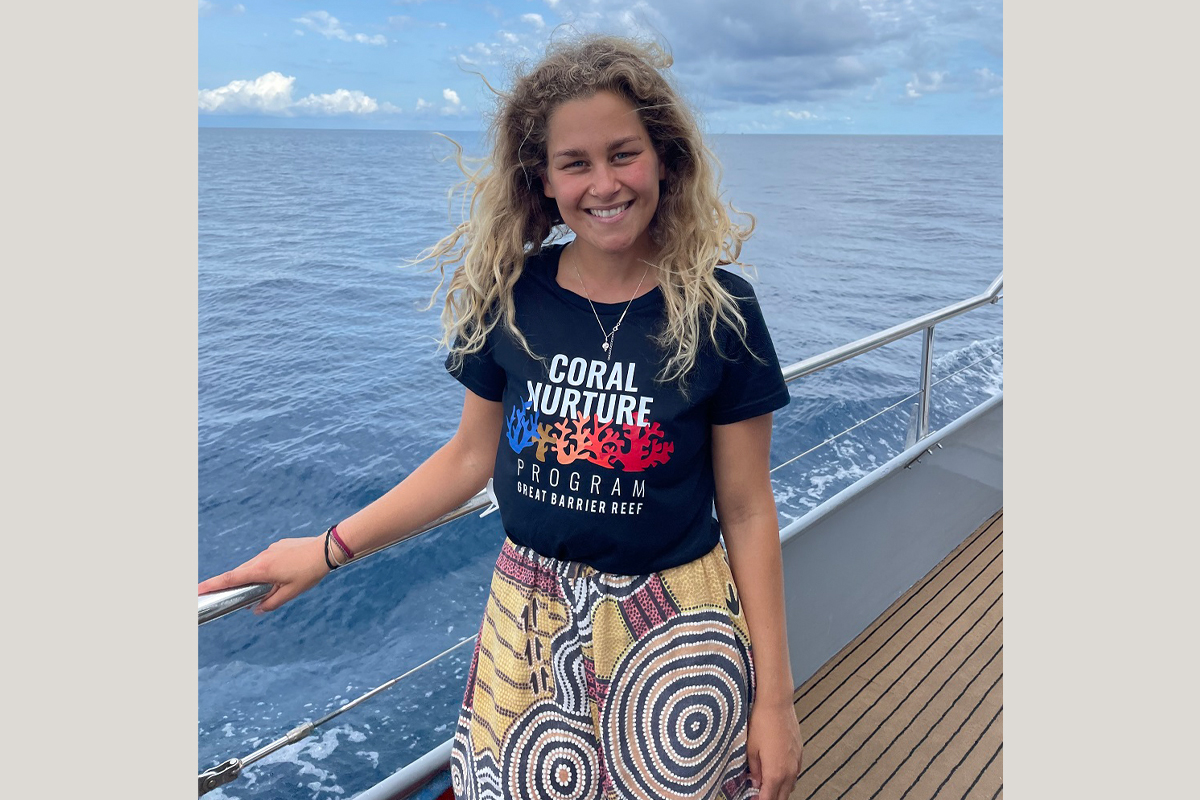The 2022 Australasian Green Gown Awards recognised 10 universities; celebrating 9 winners and 3 highly commended across 8 different award categories.
The virtual awards ceremony was streamed live from 6.00pm AEDT on the 17th November 2022, hosted by ACTS Board Directors: Edward Maher – Manager, Sustainability, Charles Sturt University and former ACTS President and lifelong Member Leanne Denby – CEO, Independent Living Support Association, with a range of special guest presenters from all over the world.
Thirteen years strong, the Green Gown Awards Australasia continue to recognise exceptional sustainability initiatives being undertaken by tertiary education institutions. The Awards are administered regionally by ACTS and form part of a global partnership for the Green Gowns led by the EAUC in the United Kingdom.
Organisational
Benefitting Society 
University of Tasmania WINNER
Creating Impact 
University of Sydney WINNER
Next Generation Learning and Skills 
The University of Queensland JOINT WINNER
University of Tasmania JOINT WINNER
Powerful Partnerships
Western Sydney University WINNER
The University of Newcastle HC
Victoria University of Wellington HC
Student Engagement 
University of Otago WINNER
Organisational Awards
As anchors in their communities and cities, tertiary education institutions benefit society in many ways. This category captures the powerful and innovative ways education institutions are realising their purpose in today’s society to benefit the lives of individuals, communities and wider society. Examples will range from economic, social and environmental impacts with organisations and sectors outside the institution where innovative new approaches to bringing positive benefit can be found.
Although all applications will be considered on their merits, the judges will particularly be looking for innovative community engagement type of initiatives which have an element of proactive, new, community and social concern and positive impacts, rather than the very worthy and commendable ‘grassroots’ and ‘business as usual’ activities.
Amongst others, examples might include how an institution applies and exchanges its student and academic knowledge with communities or partner organisations, how it uses its finances and investments, how it designs and manages its campus – all to demonstrate its values and the positive value it brings to society. A powerful example of such innovative and proactive engagement is the Living Lab approach: establishing projects that draw on students’ curricular work or academic research to address real sustainability challenges in stakeholder partnerships with community bodies.
Activities that have a substantial student element should be submitted to the Student Engagement category.
Judges recognise that not all projects will have a carbon saving, or include elements of environmental, social, cultural as well as economic benefit.
Judges will, particularly this year, want to see how the pandemic has impacted on initiatives and what opportunities this has brought.
The winning entry will automatically be put forward for the International Green Gown Award for Benefitting Society.
WINNER: University of Tasmania
Curious Climate program: student and community-led conversations with scientists on climate change
Curious Climate Tasmania (CCT) delivers public-powered scientific engagement, bridging the gap between experts and audiences with credible, relevant information about climate change. CCT is different from most science communication projects in that content is driven by its participants. It asks the Tasmanian community what they want to know about climate change, and responds directly to their questions. Curious Climate Schools is a component of CCT that since 2020 has involved 1300 students aged 9-18. In 2021, classes worked together to send in 280 questions about climate change. CCT organised 57 experts to answer them – in video, webpage and in person. CCT is a collaborative project between the University of Tasmania-hosted Centre for Marine Socioecology, the Institute of Marine and Antarctic Studies, Tasmanian Institute of Agriculture, ABC, and the Commonwealth Scientific and Industrial Research Organisation. Many additional organisations from across the world provided access to an amazing group of experts.
Deakin University
Stream: Collaboration, Connection and Integration Reinvigorating a university campus through a resilient systems approach to IWM
Recognising the value of water in our urban landscapes as a finite and precious resource, Deakin developed an on-site Integrated Water Management Plan at our Waurn Ponds campus. The development of the plan commenced in 2020 and focuses on enhancing the existing drainage features on-site to deliver benefits spanning biodiversity, amenity and safety.
Consultant investigative and feasibility works have detailed a program of works to deliver key objectives including improved local water quality, amenity, and biodiversity, waterway stabilisation and improved ecology through the naturalisation and enhancement of existing features, and reduced flood impacts across the campus.
A number of major works are currently in design and delivery, notably the conversion of four existing water bodies to wetlands, water-sensitive landscaping and water metering.
University of the Sunshine Coast
Putting the Uni in Community: regional university empowers local community to reduce suicide and improve mental health outcomes
The Alliance for Suicide Prevention addresses the Sunshine Coast’s unacceptably high suicide rate through a partnership framework that is creating rapid and meaningful social change. Led by the University of the Sunshine Coast’s Thompson Institute, The Alliance brings together 140 community, private, and public sector organisations, working to create meaningful change through public awareness, community training, upskilling of health professionals and supporting high-risk groups. Alliance initiatives have benefitted 17,827 people, through the program’s award-winning engagement model.
More than 2000 people have completed The Alliance’s suicide prevention training programs to help them identify the signs that someone may be thinking of suicide. Sectors with clients at higher risk, such as domestic violence, housing, and youth mental health, are offered fully funded training in suicide prevention skills. This targeted approach has allowed The Alliance to have a powerful impact on upskilling key people in the community to help address suicidality in the region.
University of Technology Sydney
Intergenerational COVID response – Glebe Digital Mentoring
UTS identified two community groups affected by the pandemic and its lockdowns. Vulnerable seniors in a social housing community were isolated with poor levels of digital literacy. UTS international students experienced financial hardship, having lost jobs with no access to government support, and isolation from family.
The Digital Mentoring program employed international students to mentor seniors in Glebe. Students were paired with multiple residents, meeting weekly over three months. The program aimed to reduce social isolation for both groups, offering students opportunities to develop leadership skills whilst increasing residents’ confidence and access to digital services, information and networks.
The program’s strength lay in the relationships it fostered. Students reported growing attachments to the mentees, a more positive experience of life in Australia, and increased self-confidence. For seniors, the program had a significant impact on confidence and wellbeing. This program has since been awarded a City of Sydney grant to expand services.
This category recognises institutions that have achieved significant sustainability-related outcomes, on campus or within their community, using minimal and/or limited resources. Initiatives need to demonstrate the relationship/link between the number of resources used (for example staffing, budget, time) and the level of impact achieved (for example quantifiable changes in behaviours and/or reportable metrics). Institutions that have received substantial external funding for their initiative are not eligible for this category.
Initiatives could include those which can demonstrate significant sustainability achievements (such as sustainable products, processes or learnings) in a relatively short period and/or with a restricted budget, and/or with a small staff base e.g. good progress from a low base. Projects that raise the broader profile of sustainability will be particularly favoured.
Applications should show how learning from others has been implemented and for the greater chance of success demonstrate how the initiative can be extended to and/or replicated by other organisations.
Initiatives can cover a single aspect of sustainability or have multiple foci, including but not limited to: facilities & operations; learning & teaching, research; leadership and governance; community; procurement, and; engagement. However, regardless of the topical focus, the primary aim of this category is to demonstrate how institutions can still achieve creative and high impact outcomes with limited resources.
Judges will be particularly interested in initiatives that have gone towards supporting a social and environmental sustainable recovery from the Covid-19 pandemic that have been embedded and will be sustained post-pandemic. This might be a surprising collaboration, changing practices or a new opportunity for your institution.
The winning entry will automatically be put forward for the International Green Gown Award for the Creating Impact category.
WINNER: The University of Sydney
Nguragaingun, Ngara, Pemulian – our Curriculum Garden and Biodiversity Management Plan
The Curriculum Garden is a collaborative Living Lab project with Open Spaces, Botany (School of Life and Environmental Sciences), IndigiGrow (First Nations’ social enterprise) and the Sustainability Strategy working in partnership to establish an on-campus native garden.
This cultural and environmental project frames our Strategy’s Caring for Country foundation and aligns with the principles of the University’s Indigenous One Sydney, Many People Strategy. Offering an opportunity for our community to learn about local plants and Australian natives, our garden has become a living classroom. The revitalised area features plant signage in English and Sydney Indigenous languages, offers spaces for yarning, work and rest with recycled furniture and laptop power, and students can collect samples for botany labs which would otherwise need to be sourced from across NSW.
The garden extends our wildlife corridor, aids in reviving local endangered plants, and showcases sustainability on campus with our rain tanks and new biodigester.
University of Tasmania
Re:Cycle
Re:Cycle is a small program with a big impact. In a unique partnership between the University of Tasmania (UTAS) and Big Picture School in Launceston, at-risk students are taught how to repair abandoned bicycles. The program fosters sustainability by saving bikes from landfill, avoiding waste, and reducing embodied carbon associated with the production of new bikes. Students learn the value of repairing and restoring things and gain the necessary technical and life skills required to fix and sell the bikes (with all funds donated to the UNHCR to support refugees globally as they flee from war and persecution in search of a better life). An additional benefit of the program is the promotion of cycling to university staff through the provision of campus bikes as well as bikes for students doing placements in rural towns.
This category recognises achievement in the development of academic courses, skills and capabilities relevant to sustainability. These can be vocational, undergraduate or postgraduate courses or related to wider purposes such as community involvement, global or environmental awareness or support for lifestyle changes.
Examples of possible application topics include:
- Effective integration of sustainability principles and/or practices within and across disciplines and existing courses, especially those not traditionally engaged with sustainability;
- The development of new courses focused on sustainability issues;
- Use of practical sustainability-related projects or other practical activities within courses including work-based learning initiatives.
- Training for apprenticeships;
- Continuing professional development (CPD) activities;
- Skill-focused courses leading to professional or vocational qualifications;
- Adult & community learning, and short courses for practitioners and;
- Demonstrating/implementing sustainability practices in the workplace.
Applications can be made for activities connected with undergraduate or other academic courses if there is a practical focus on the development of specific skills which goes beyond the normal activities of the disciplinary curriculum, e.g. running community-based projects which give students considerable autonomy and develop their communication, management abilities etc.
Possible applicants for this category include Higher Education institutions; Further Education colleges; adult and community and work-based learning providers.
Judges will, particularly this year, want to see how the pandemic has impacted initiatives and what opportunities this has brought.
The winning entry will automatically be put forward for the International Green Gown Award for the Next Generation Learning and Skills category.
JOINT WINNER: The University of Queensland
UQ Carbon Literacy Program delivers impactful climate education
The UQ Carbon Literacy Program is a short course that brings together people and organisations from all sectors and walks of life to collaborate, disseminate and act on climate change. More than 300 participants have gained their carbon literacy certification since UQ Launched the program in 2021, and 400 more are expected to be certified by the end of this year.
Accredited by international climate education leader, the UK-based Carbon Literacy Project, the UQ Carbon Literacy Program is developed and delivered by UQ’s leading experts in business and sustainability, and certified carbon literacy trainers. UQ is the first university in Australia to launch a local version of the program.
The course comprises eight hours of blended learning, including self-paced online modules and live seminars. Learners spend two additional hours making a pledge and writing an assessment to receive their certificate. Aligning with the University’s vision, the UQ Carbon Literacy Program epitomises knowledge leadership for a better world.
JOINT WINNER: University of Tasmania
Massive online courses delivering individual and community sustainability country wide
The Diploma and Undergraduate Certificate in Sustainable Living are fully online courses developed by the University of Tasmania, starting in 2018. They aim to create a very broad understanding of the concepts, implications, and relevance of sustainability but are founded on rigorous academic knowledge. The courses have made substantial and new contributions to education in sustainability by reaching over 6,000 students to date, mostly from parts of the community that are poorly served by standard university offerings. These courses reach all states of Australia with strong uptake in regional areas, as well as some international students.
The courses are also increasingly chosen by existing professionals, many of whom attest to the contributions that the courses make to their work. To maximise value to students, the courses are highly integrated and interdisciplinary; they address sustainability through the lenses of biology, ecology, geology, economics, climatology, governance, communication, ethics, health, sociology, and indigenous knowledge.
This award recognises institutions fostering strong industry and/or cross-sector partnerships, whose collaborative efforts have demonstrated leadership in the transition to a sustainable future.
Judges are looking for high-impact collaborations and/or innovative partnership models with outcomes that accelerate change-for-good, reduce impacts, build resilience and promote sustainable development. Judges will look favourably on initiatives where successes not only benefit the institution/s and stakeholders but also benefit the lives of individuals, communities and wider society.
Applications will need to clearly articulate:
- Why the partnership was needed, and what stakeholders were involved.
- Overarching goals, targets and impact areas.
- How partners demonstrated individual/collective leadership to deliver on goals and targets.
- How partners drove engagement with key stakeholders to achieve success.
- Quantifiable outcomes in terms of sustainability/graduate/social impacts.
- Details on how the partnership provided positive outcomes internally, and externally of the organisations involved.
- Key learnings that support replication throughout the tertiary education sector.
The award can be entered by an individual institution, or institutions, that have effectively worked with suppliers/partners, or by collective initiatives and partnerships as a whole.
WINNER: Western Sydney University
Thinking Global, Acting Local: A decade of partnerships delivering ESD impact across Greater Western Sydney
Hosted by Western Sydney University (WSU), the RCE Greater Western Sydney (RCE-GWS) network is a collaborative, regional, multi-stakeholder educational network delivering place-based, partner-led programs and initiatives for 10-years. As an anchor institution, WSU brings together key internal and external partners to strategically link, leverage and strengthen our ESD work in response to our evolving sustainability challenges – identified as a network – to deliver local impact and aligned under the SDGs.RCE-GWS has 26 regional partners that have delivered 36 initiatives and 45 community events to over 44,000 local and global school students, teachers, community members and university staff and students. Projects have included large-scale biodiversity restoration and climate action engagement projects; EfS capacity building for school teachers through professional development workshops; sustainability awareness school-based initiatives linked to key learning areas of NSW school cross-curriculum priorities; and international youth leadership and empowerment across Asia-Pacific region.
HC: Te Herenga Waka – Victoria University of Wellington
Growing our Future
Te Herenga Waka – Victoria University of Wellington has partnered with Wellington City Council to reforest an 11-hectare block of land in the Outer Green Belt of Wellington. The project – ‘Growing Our Future’ is enhancing the biodiversity of the city; strengthening the connection between the University and the city; providing volunteer opportunities for staff, students and alumni; generating applied teaching and research opportunities; and sequestering carbon.
The University has urban campuses with limited opportunities for extensive biodiversity restoration. The City Council had recently acquired the block of land but lacked the resources to actively regenerate the native forest cover. The partnership formalised the collaboration and the carbon credit sharing through a 33-year peppercorn lease, where the University got access to the land and took on responsibility for managing the forest restoration.
The project is delivering environmental benefits while bringing the University community together and forming closer ties with the city.
HC: The University of Newcastle & Lake Macquarie City Council
CELL: A first for the nation
Our communities, our region, our responsibility – this tenet underpins the University of Newcastle’s operations as an organisation ‘of and for its regions’. Strong collaboration with key local institutions is key to delivering on this commitment. Working through its Institute for Regional Futures, the University has partnered with Lake Macquarie City Council to address a range of social, economic and environmental challenges the area faces.
One major joint initiative is establishing Australia’s first Circular Economy Living Lab (CELL). The Hunter is facing significant social and economic change. This project recognises the opportunities that these changes represent by leveraging the region’s existing skills to create thriving circular economy industries. The living lab approach to delivering a circular economy is unique in Australia. It is designed to establish a system where waste is eliminated, resources re-circulated and nature regenerated through a user-centred open innovation ecosystem co-designed and operating in real life settings.
RMIT University & Russell Investments
Moving the market – a partnership to create fossil-free investments
On 31 March 2021, RMIT University was able to confirm that its equity portfolio had no material exposure to fossil fuels. This quiet achievement was the result of over five years of hard work and a collaborative partnership between the University and its external investment manager Russell Investments.
Globally, the tertiary sector has significant investment portfolios and engaged stakeholders who want to see action on climate change. However, with under $100M in the University’s Philanthropic Fund when the Responsible Investment Principles were developed, RMIT was a relatively small player in the investment space and needed a partner that could help it achieve some bold ambitions.
What has since transpired is an equity portfolio with no material exposure to fossil fuels and strong Environmental, Social and Governance (ESG) principles, that can (and has been) joined or replicated by other like-minded institutions.
A truly committed partnership with industry-leading results focused on addressing the biggest crisis we face today.
University of the Sunshine Coast
K’gari World Heritage Discovery Centre
The K’gari World Heritage Discovery Centre is the first interpretative information Centre on World Heritage-listed K’gari (Fraser Island). It provides visitors with an understanding of the island’s World Heritage value and why the island should be protected. It was a partnership of the University of the Sunshine Coast (UniSC), Sealink’s Kingfisher Bay Resort (KBR) and the Butchulla Aboriginal Corporation (BAC). This innovative project aims to educate and inform visitors about the Island’s global ecological and cultural significance contributing to the conservation and protection of the island. Located adjacent to a key entry port to the island, the Centre tells the story of K’gari’s unique landscapes, ecology and cultural significance. The concept, interpretative panels and imagery were designed and developed by UniSC staff and Creative Industries students in collaboration with the BAC and other stakeholders. The Centre has become a highly visited site, attracting over 5,000 visitors in the past year.
Te Whare Wānanga o Waitaha | University of Canterbury & Te Whare Wānaka o Aoraki | Lincoln University
Aotearoa SDG Summit Series 2020-2021
Te Whare Wānanga o Waitaha | University of Canterbury (UC) and Te Whare Wānaka o Aoraki | Lincoln University (LU) co-hosted the Aotearoa SDG Summit Series during 2020 – 2021, drawing together many sectors, organisations and individuals to envision and deliver three online hui (meetings) before pivoting from a face-to-face summit to an online summit due to Covid-19 restrictions.
The SDG Series featured 83 speakers from across Aotearoa New Zealand, with nearly 1000 people attending online and almost 1 million people reached through social media engagement.
A significant outcome of the series was that 199 organisations and individuals signed a Declaration of Commitment to the SDGs and pledged support for the emerging national SDG Alliance.
Some 66 videos of sessions from the three hui and the online summit are available online, creating an invaluable free resource for ongoing engagement with students, sustainability advocates, the business sector and interested members of the public.
UC and LU partnered with Ara Institute of Canterbury, Christchurch City Council, and other partners, forming an innovative working group guided by independent event curator Erica Austin. Initially, the conversation began with our mana whenua (local indigenous) Treaty of Waitangi partner Ngāi Tūāhuriri, who helped the team Read more >
This category reflects that students and staff must work together to achieve goals using “top-down” and “bottom-up grassroots” methods to achieve maximum understanding and engagement across an institution. This, in turn, aids student progress and allows for opportunities to gain transferable employability skills. It looks at both the student input and the staff commitment and the relationship between the two. It must be clear that initiatives include both staff and students (not just one party) working in partnership, however, judges will look favourably on activities that have been initiated by and/or demonstrating strong leadership by students.
Where staff and students are involved, as well as including the actual numbers, including how they are involved and what impact/influence they have had.
Examples could include: Social media projects; Awareness and communication campaigns; Procurement actions; Sustainability reporting and websites; Volunteering activities organised by unions, societies and similar organisations within institutions; Community projects.
Judges will, particularly this year, want to see how the pandemic has impacted on initiatives and what opportunities this has brought.
Applications are equally welcomed from institutions or student bodies.
The winning entry will automatically be put forward for the International Green Gown Award for Student Engagement.
WINNER: Te Whare Wānanga o Ōtākou – University of Otago
Te Oraka – The Good Space
Te Oraka, The Good Space was designed by our student team for students and staff on campus. This sustainability hub showcases the circular economy – created from recycled items, it pours all its income into activities it hosts.
Te Oraka focuses on reducing waste because our students have relied heavily on skips, highlighting a need for alternative options as well as a focus on tools and skills throughout the year.
Te Oraka was devised to capture a holistic approach to waste. Creating a space that can be transformative for waste minimisation through being used as a store, workshop, refilling station, repair café and an education space.
We believe our multi-faceted approach, tailored to our needs, is leading by example in New Zealand’s tertiary sector, and possibly Australia’s.
The University of Queensland
UQ Repair Café brings circular economy to life
Saving more than 200 items from landfill, and upskilling more than 90 repair volunteers to date, the UQ Repair Café is a thriving sustainability initiative that cultivates mindful consumption, community connection and communal learning – all while participants enjoy a cup of tea and a chat.
Launched just under two years ago, the Repair Café hosts regular events where students and staff bring along a variety of broken items to be fixed. The initiative is run in partnership with the UQ student chapter of Engineers Without Borders; UQ Innovate (an on-campus maker space facility); and the UQ Sustainability office.
The Repair Café elevates circular economy principles out of sustainability theory and into a real-life learning environment. Covid supply chain issues have strengthened a local desire for self-reliance and waste reduction, and these events enable students and staff to gain practical skills that foster long-term reuse and recycling behavioural change.
University of Tasmania
Landcare Society – caring for the environment and community
The Tasmanian University and Community Landcare Society (the Landcare Society) is an initiative that connects students with volunteer land management and restoration opportunities across Tasmania, to create resilience in our landscapes and in our communities. The purpose of the initiative is to provide opportunities for students at the University of Tasmania to get involved in hands-on, on-ground environmental restoration work across the state. Since the project began in 2019 the Landcare Society has hosted over fifty events, supported more than 30 individual Landcare groups, worked with three local councils, co-hosted community engagement events with five other UTAS university societies, worked on eight different agricultural properties, and have engaged a total of 968 UTAS students across all our activities.
Individual Awards
This award is open to all staff members, at any level, within an ACTS member institution, who deserve recognition for continued and ongoing efforts to lead on the transformation to a sustainable future. The award will recognise those who have worked hard at implementing a social or environmental sustainability project/initiative (or several) and whose involvement has had a positive impact on either their peers, their institution, their students or their local community.
Judges will favour applicants whose actions and impact are considered over and above normal job requirements, particularly for those currently employed within a professional or academic sustainability role. Applications should detail how the applicant has demonstrated strong leadership, championed good practice and/or engaged and inspired others, and provide evidence of their impacts.
Individuals apply themselves but should be formally nominated by a manager or peer (within or outside the sector). Please ensure the application is written in the first person (ie. “I did”). Individuals that have won previously can reapply after 2 years.
WINNER: Belinda Gibbons
University of Wollongong
Graham Wood
University of Tasmania
Nicole Marchhart
The University of Sydney
This award is open to any student within an ACTS member institution, who deserves recognition for sustainability-related activities undertaken. The award will recognise those who have worked hard at implementing a sustainability project/initiative (or several) and whose involvement has made a positive impact on either their peers, their institution, their students, their local community or their local workforce.
Activities may include campaigning, inspiring and motivating others or championing a cause on campus or outside. If studying a sustainability-related topic, activities over and above normal course requirements will be favoured. Initiatives or campaigns through an organised group or union are eligible, with judges favouring those that can demonstrate significant personal involvement or leadership.
Applications must provide evidence of impact, and of good leadership/championing practice in engaging and inspiring others. Judges will favour applications where quantifiable outcomes can be demonstrated.
Individuals apply themselves but should be formally nominated by a manager or peer (within or outside the sector). Please ensure the application is written in the first person (ie. “I did”). Individuals that have won previously can reapply after 2 years.
Anna Thieben
University of Technology Sydney
WINNER: Eve Poland
University of Tasmania
HC: Isabelle Zhu-Maguire
Monash University
This category recognises excellent student research that progresses the field of sustainability and beneficially impacts on society.
Applicants should have completed a piece of sustainability-related research at undergraduate, master’s level or small research pieces as part of a PhD (not full PhD research), in any discipline, done at a further or higher education institution, assessed within the last calendar year, and scored a 2:1/60%/Merit or above*. The project could be a freestanding piece of work, a product of a Living Lab project or be completed in partnership with an on- or off-campus partner.
Examples include:
- The benefits of biodiversity initiatives on an organisations’ premises;
- Community development, social inclusion or assisting disadvantaged people;
- Alternative ways of communicating sustainability messages;
- Potential new energy-efficient technologies;
- The impacts of alternative methods of trading;
- An evaluation of water-saving technology in a company;
- A resource-efficient engineering or architectural design.
The focus of this award is the impact (actual or estimated) of the research. Judges will be looking for evidence of the project’s potential to strengthen at least one of the three pillars of sustainability: environmental, social or economic as well as links to the Sustainable Development Goals.
Applications will be judged on impact and not on the quality of the research itself as that has already been independently verified by the institution.
Applicants are to use the Individual Application Form. The Nominator in the Application Form should be your tutor who can verify your grade/score. If your project work is carried out in a team (i.e. team dissertation) then you may submit on behalf of the team and make it clear in the application form that this is the case.
*The grade/score must be included in the Application Form. If this is not known before the application deadline of 30 June 2022, then the stage 1 application form must be submitted by the deadline and a follow-up email from the student/tutor to EMAIL informing of the grade is to be sent as soon as known and by 7 June 2022 at the latest.
Applicants are to use the Individual Application Form.

